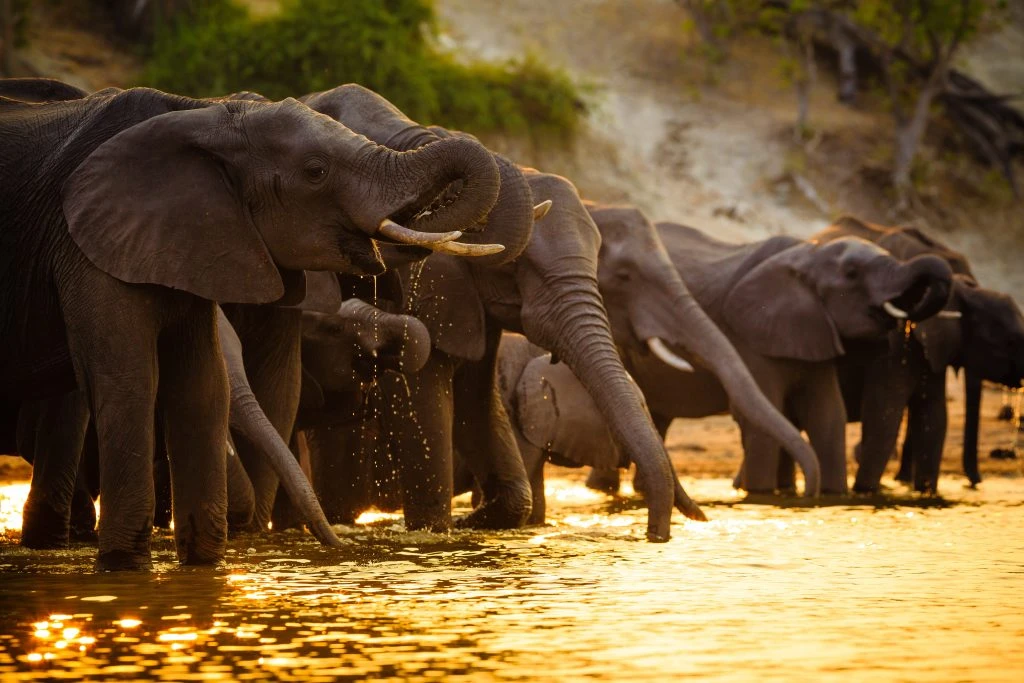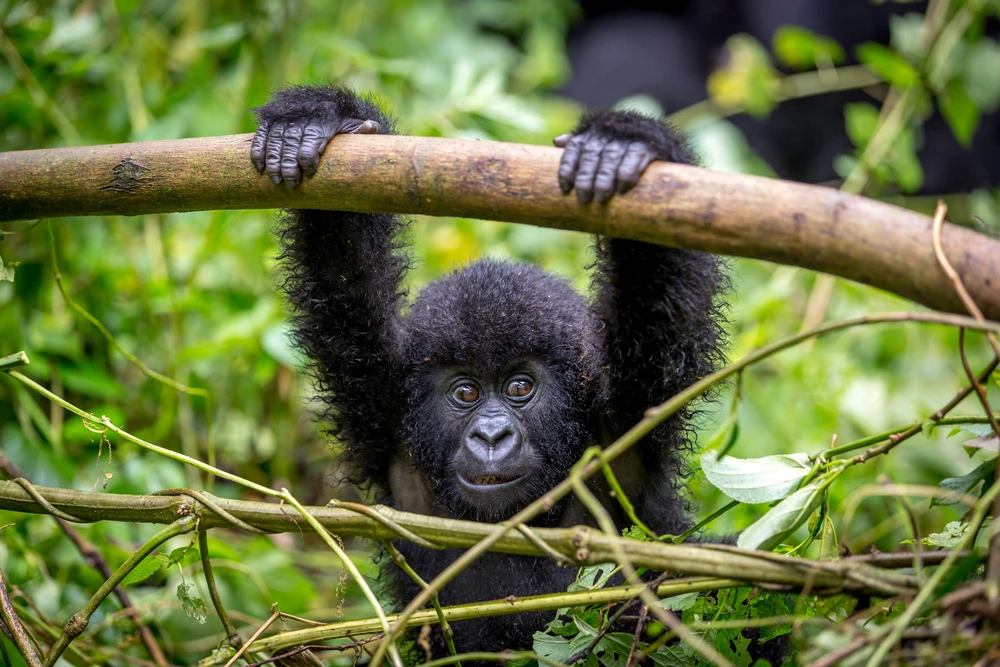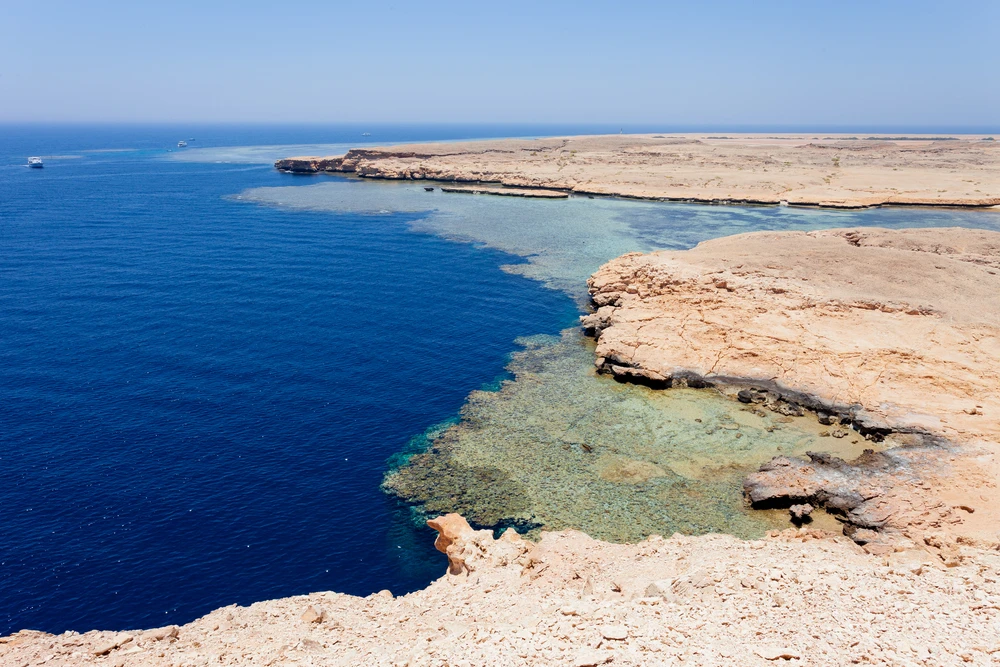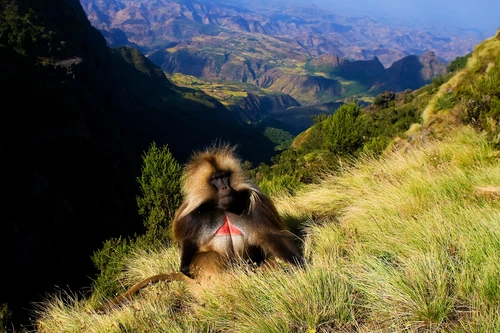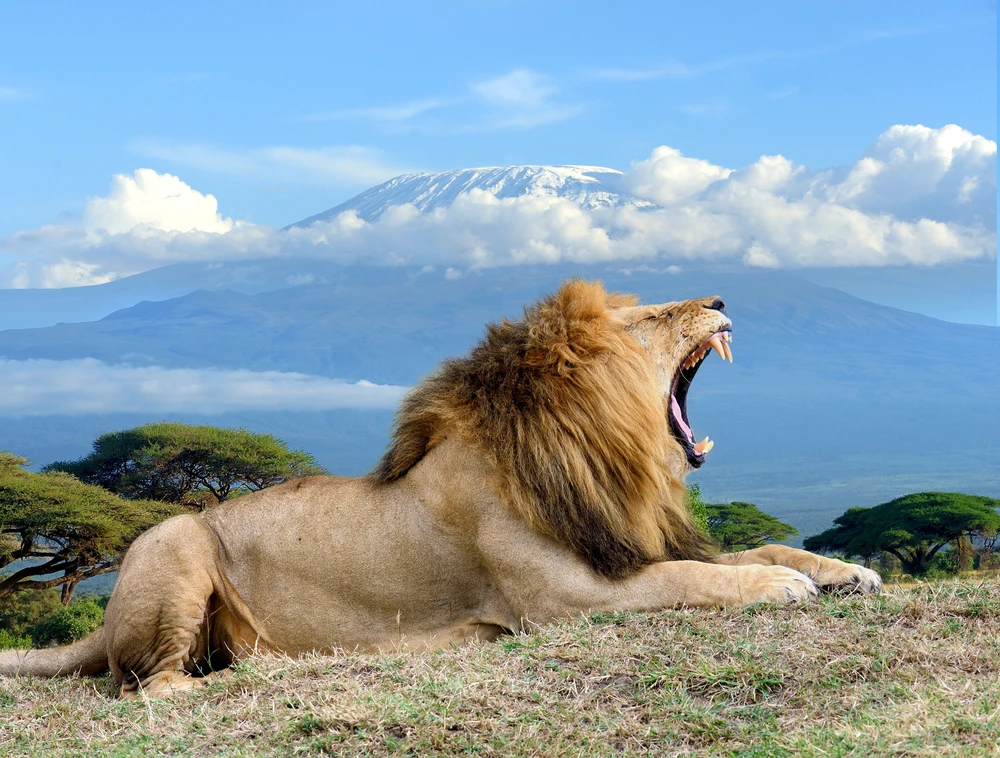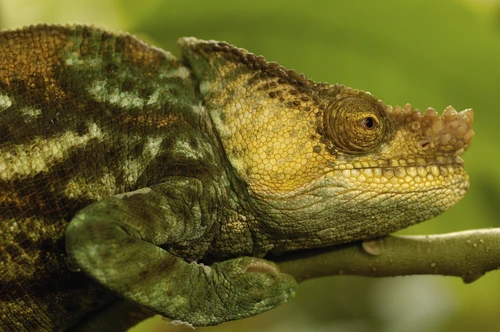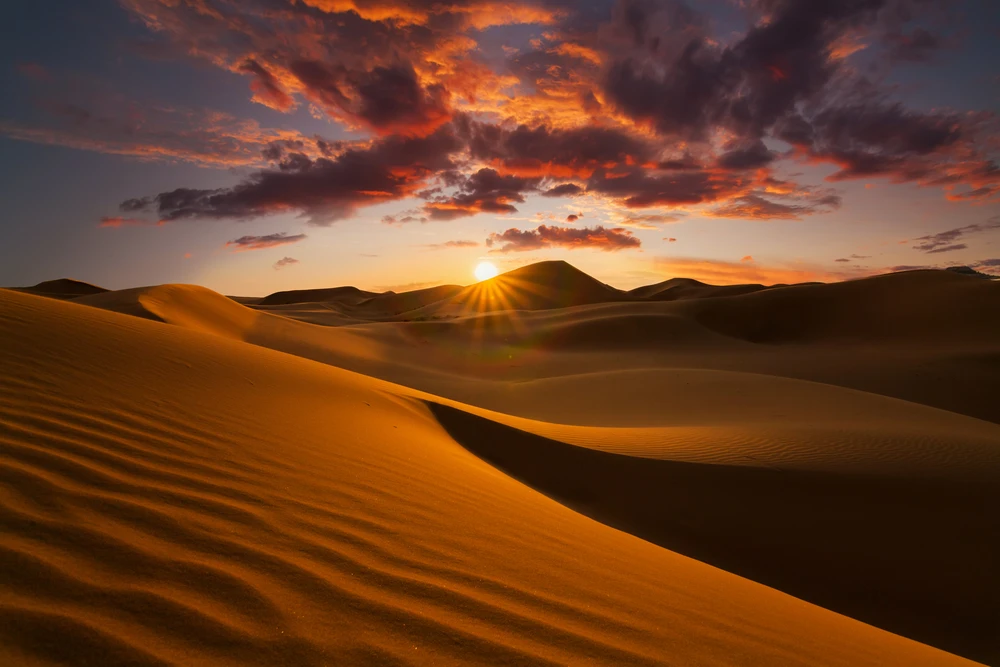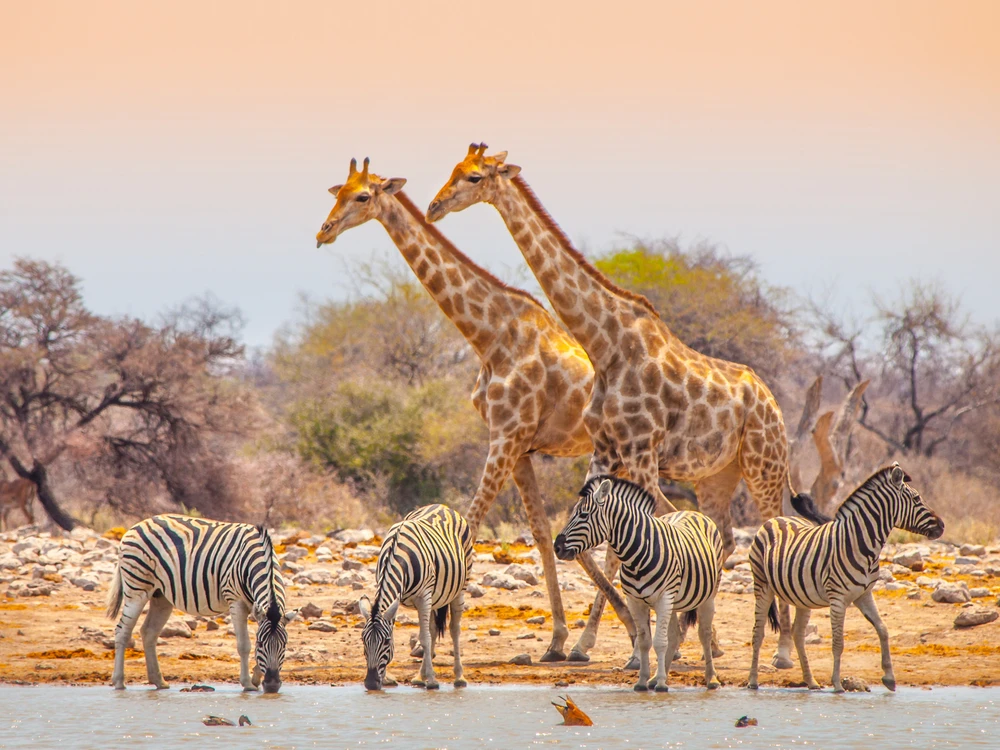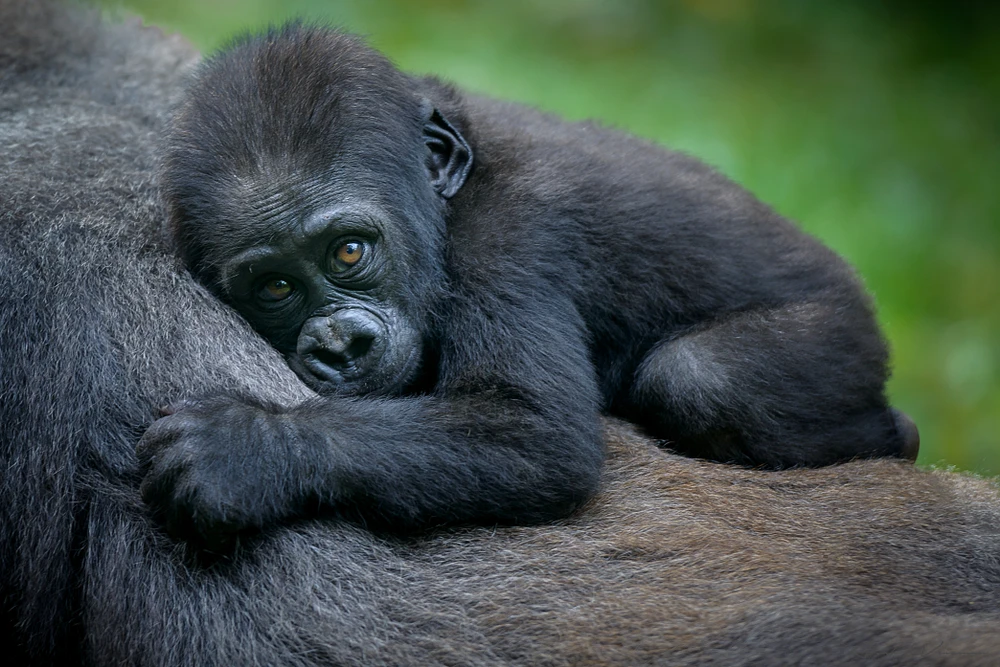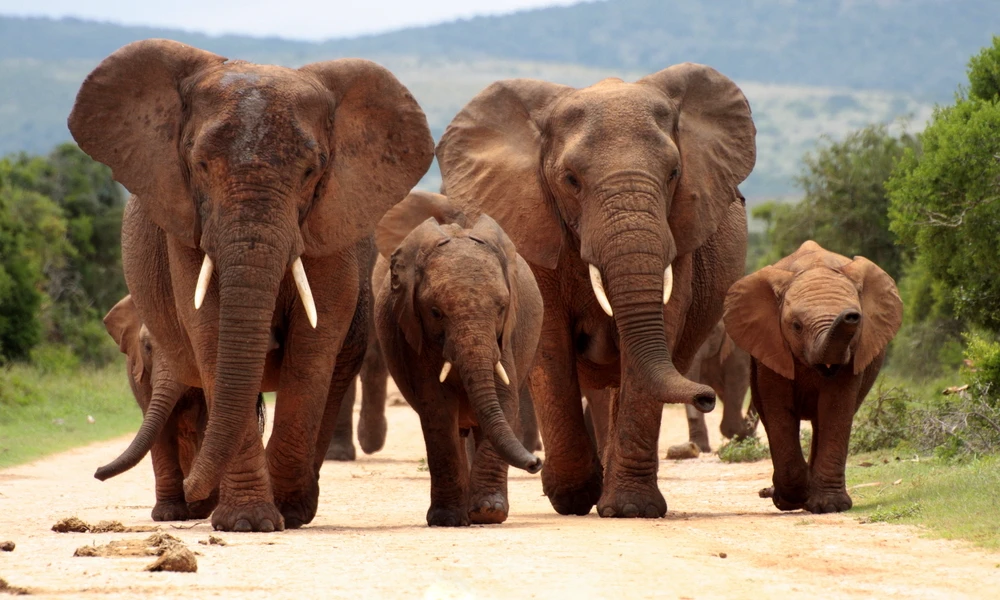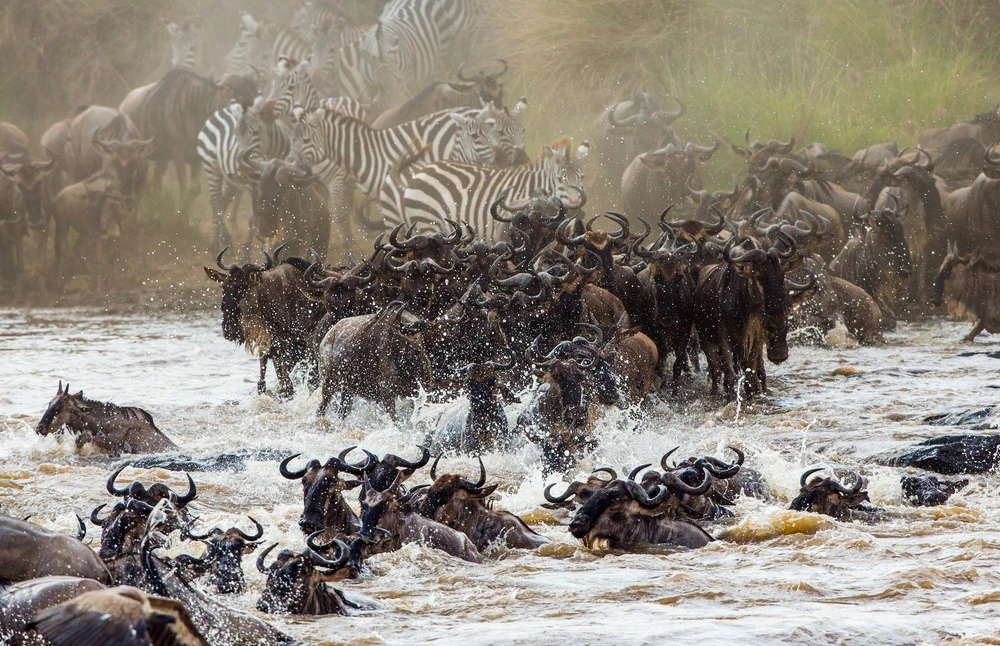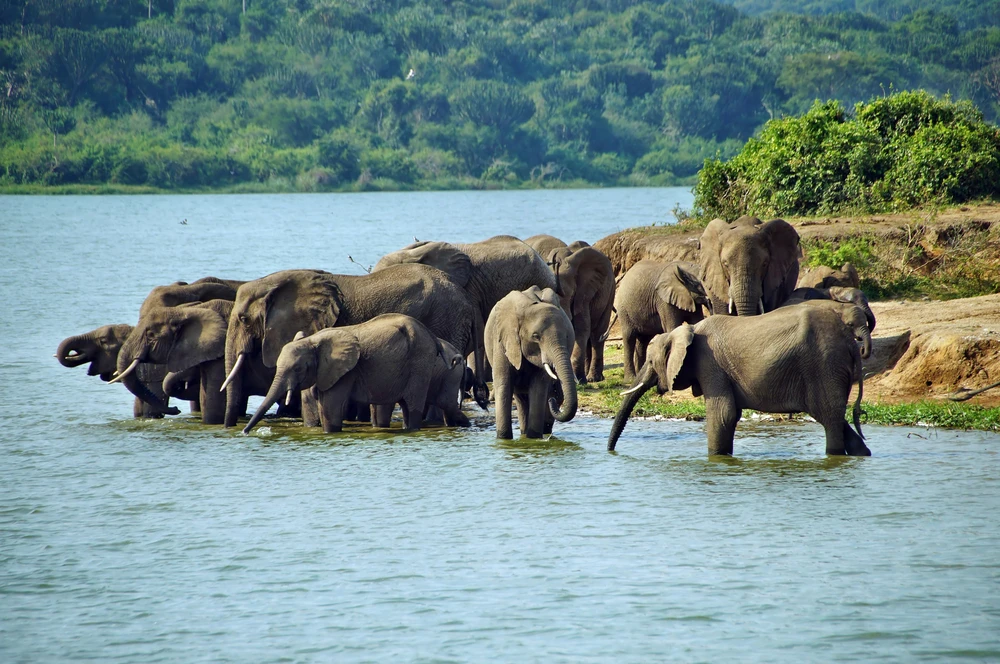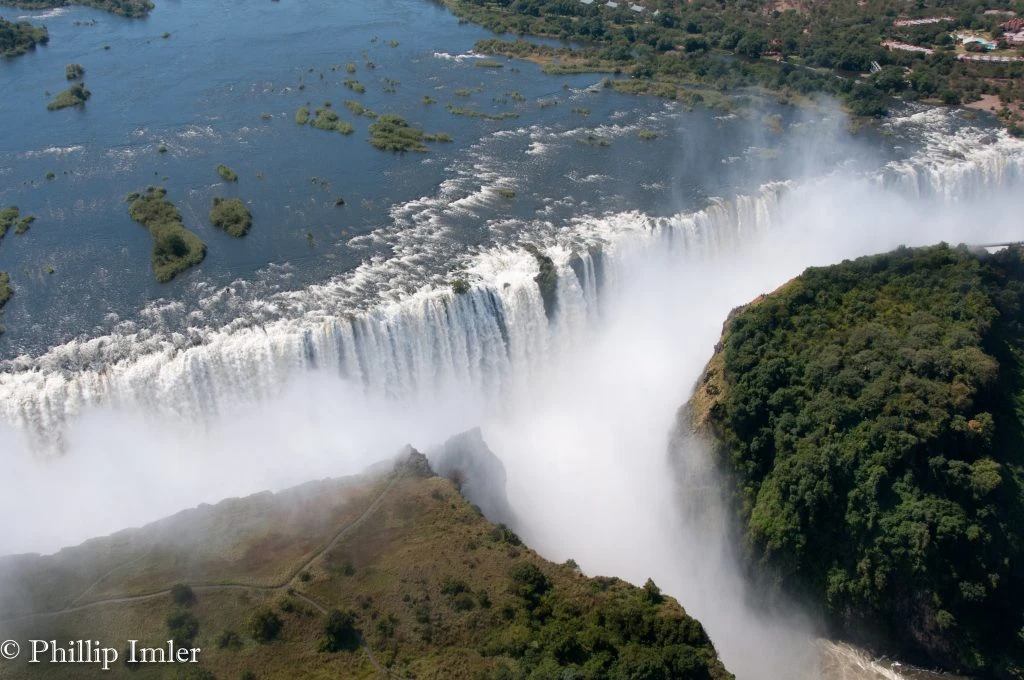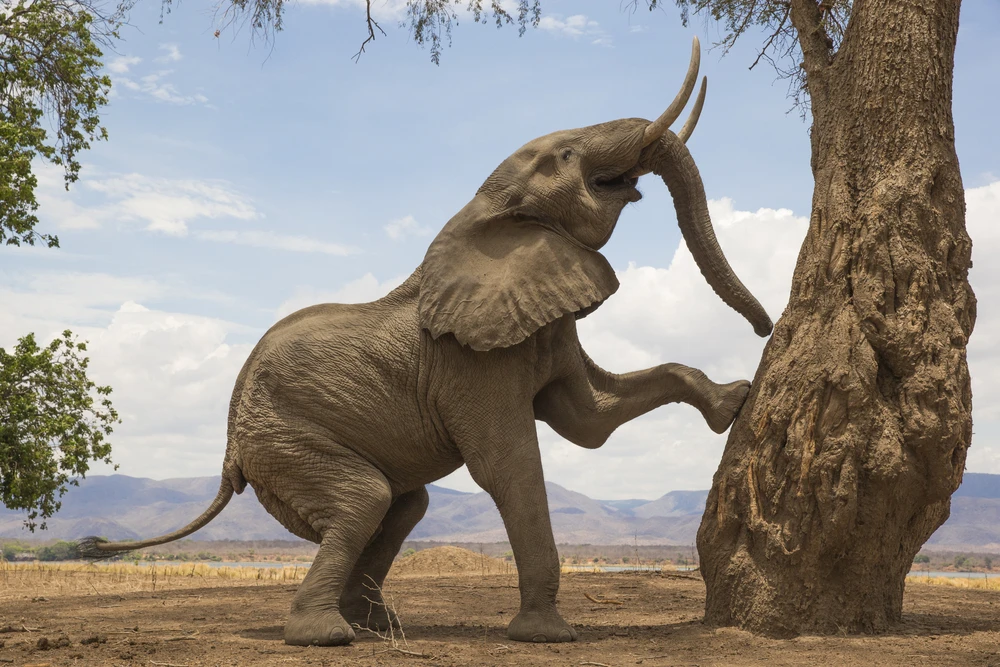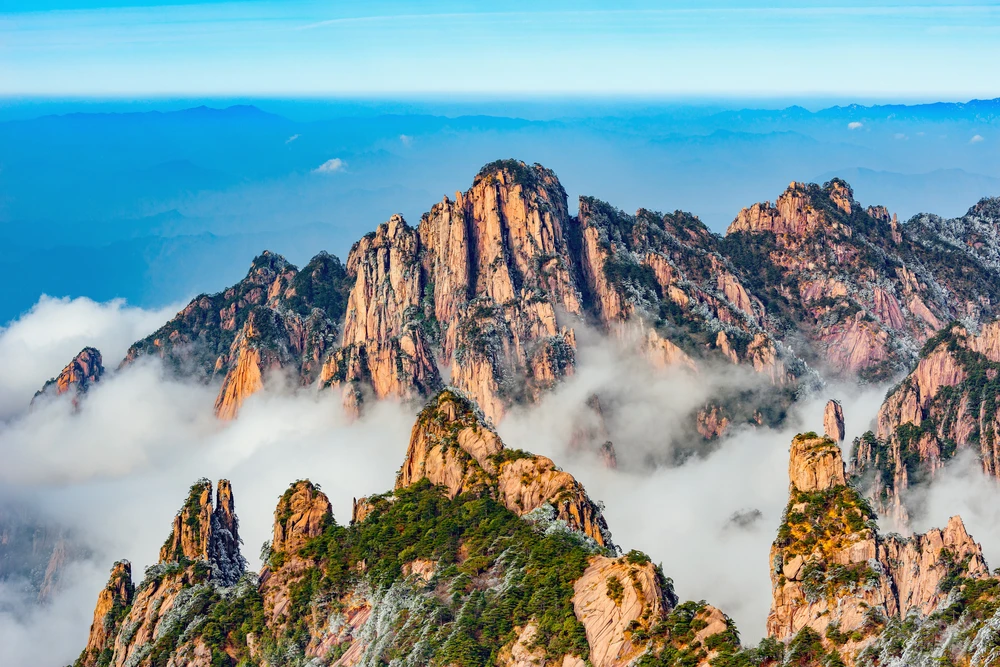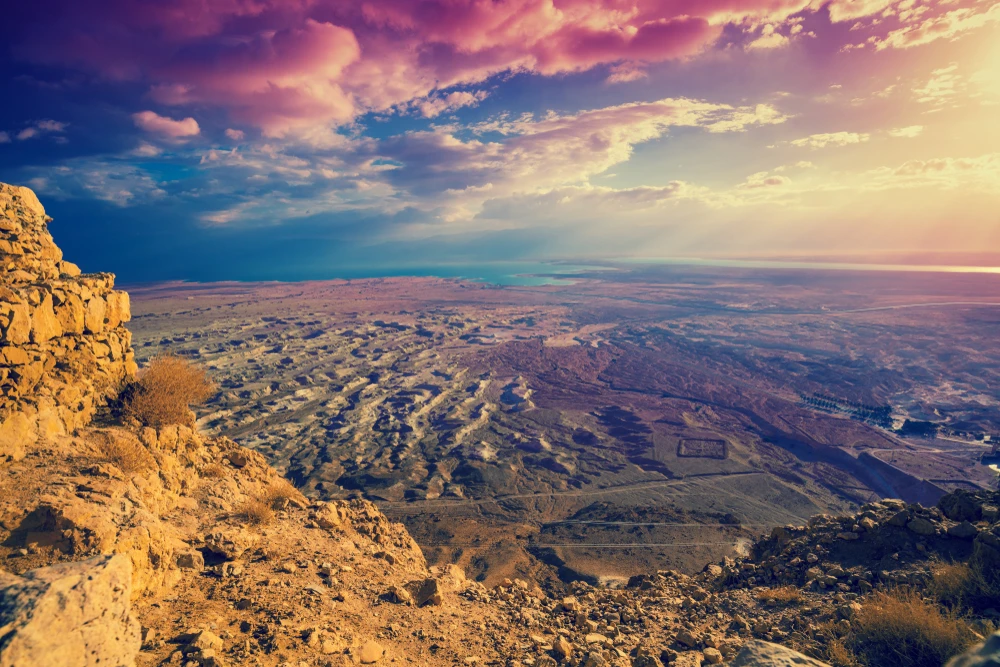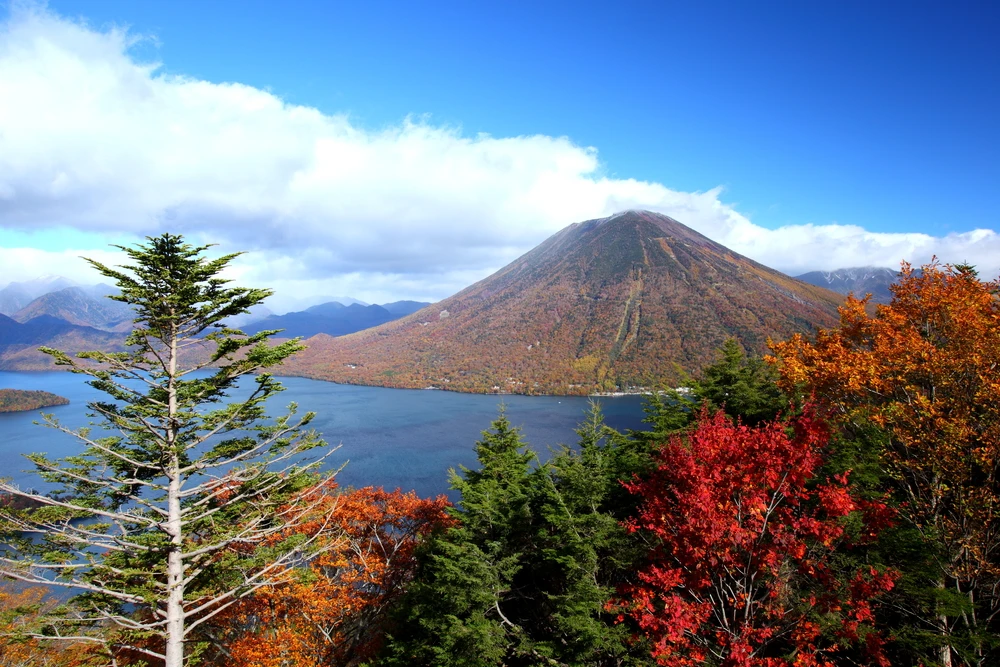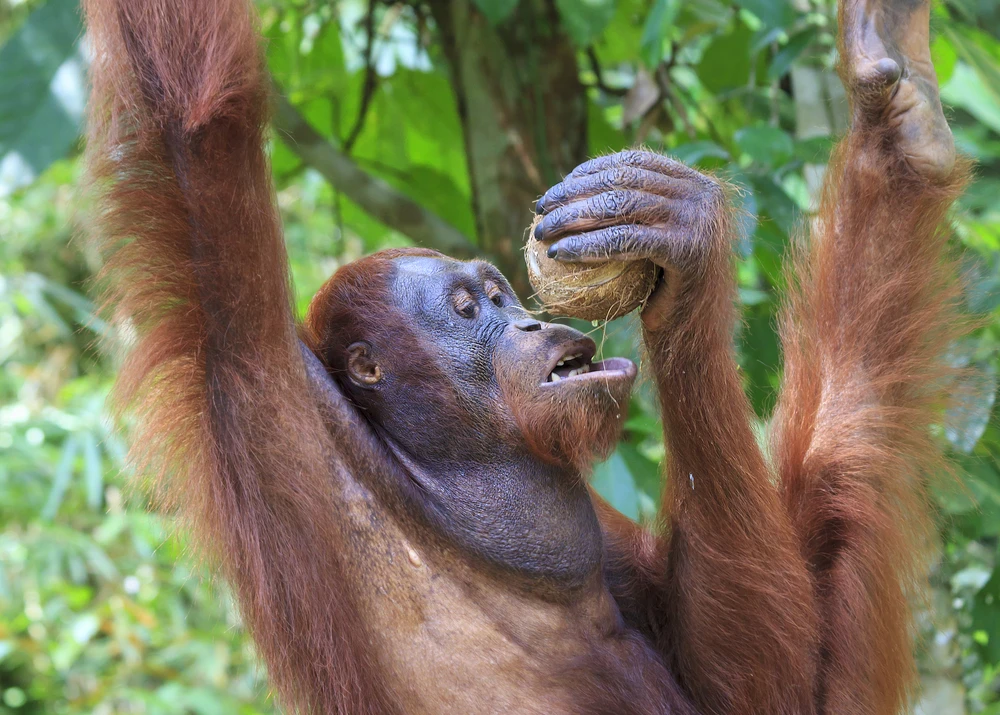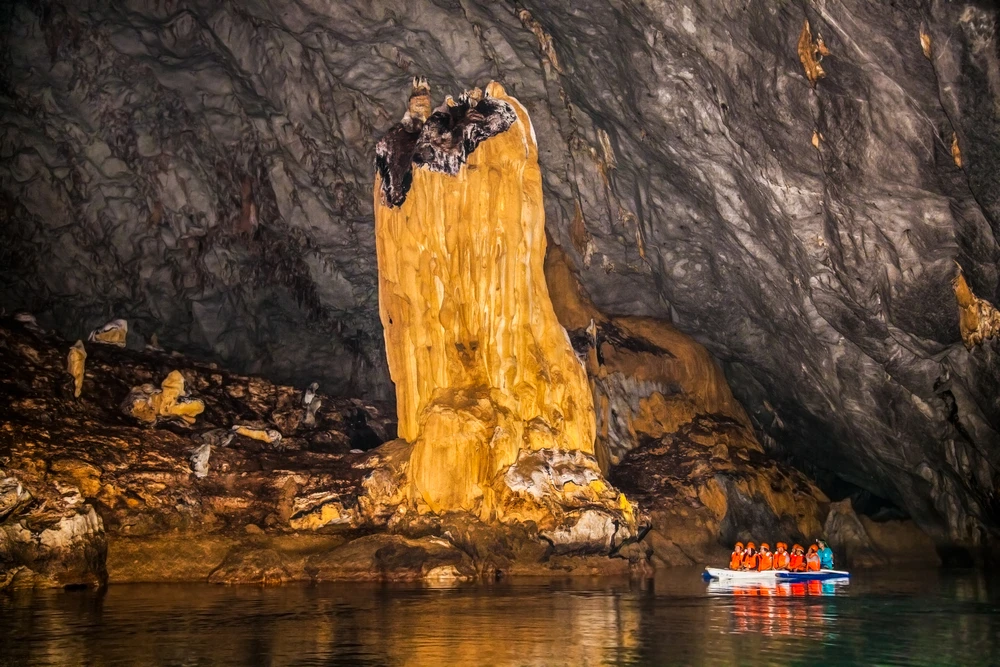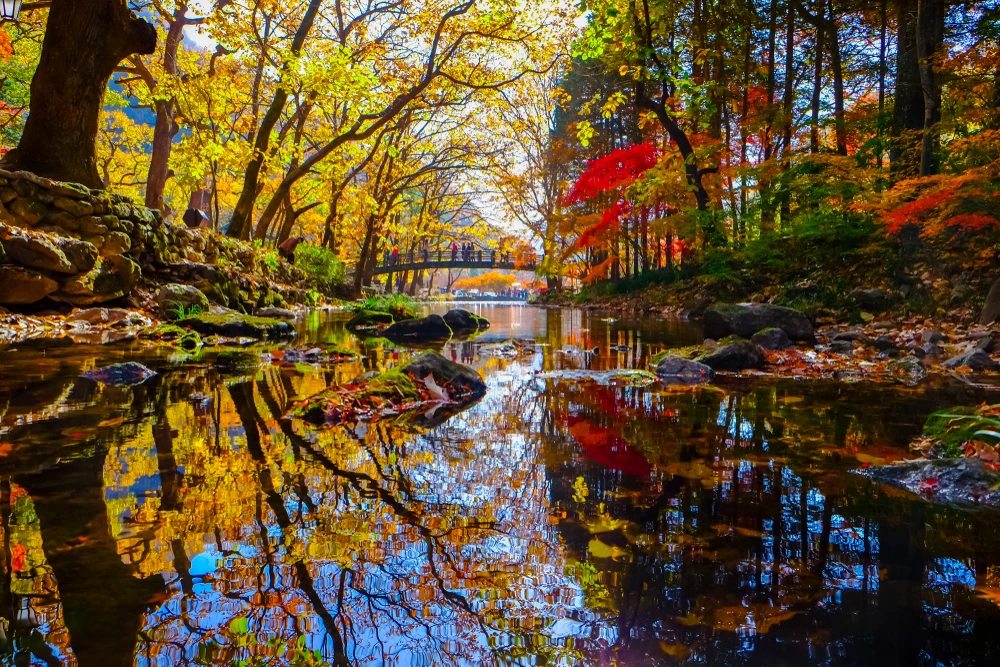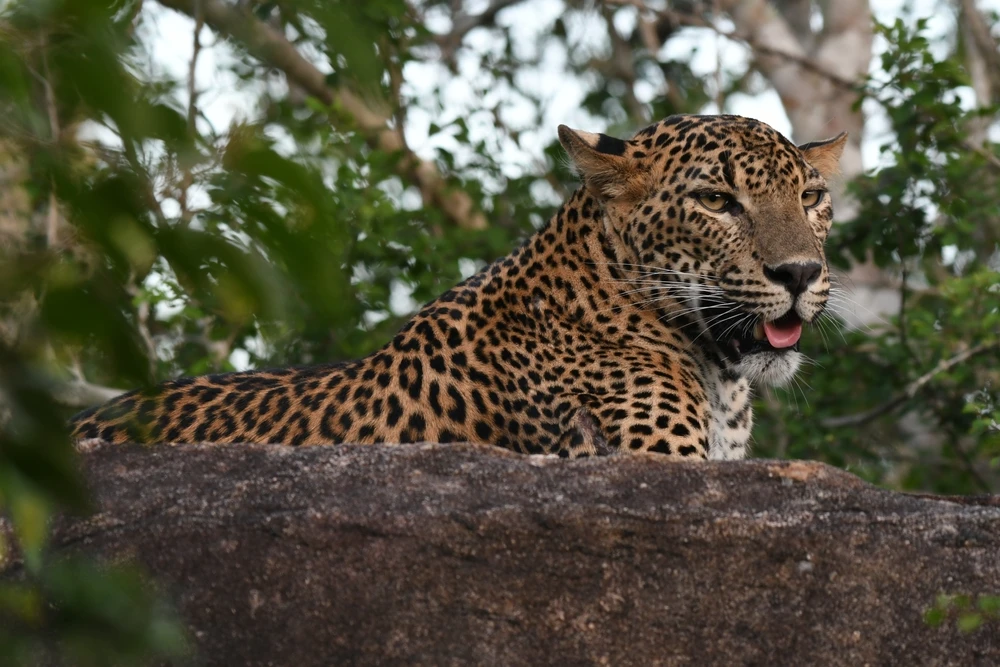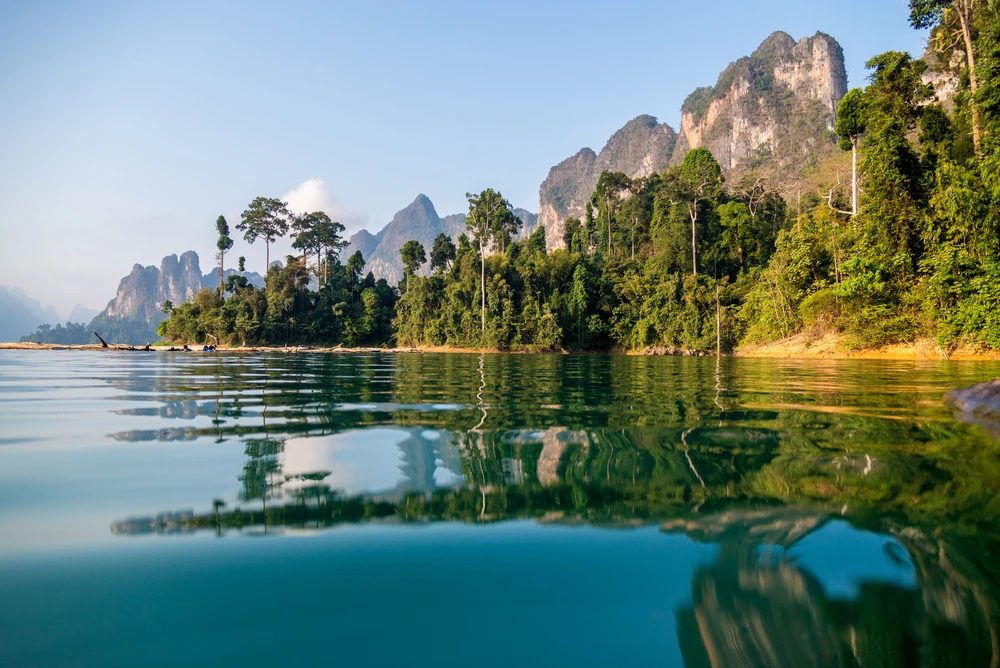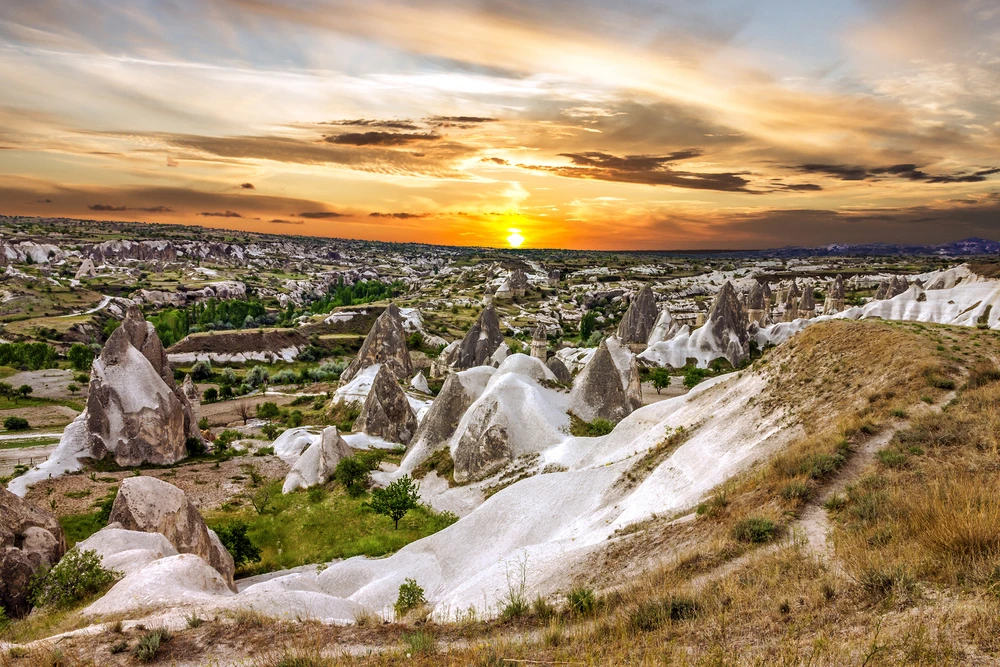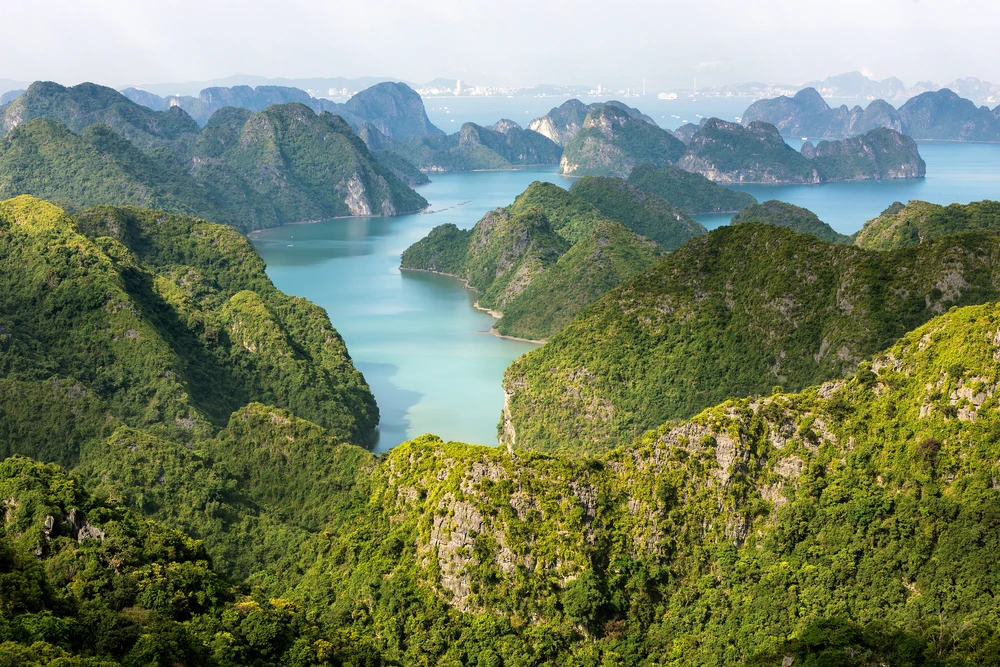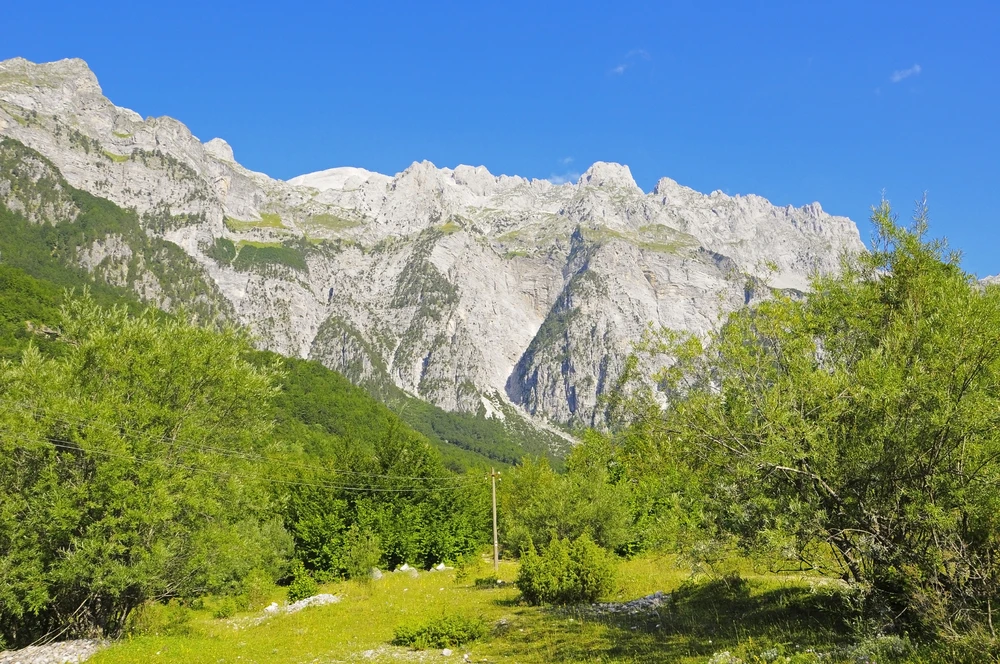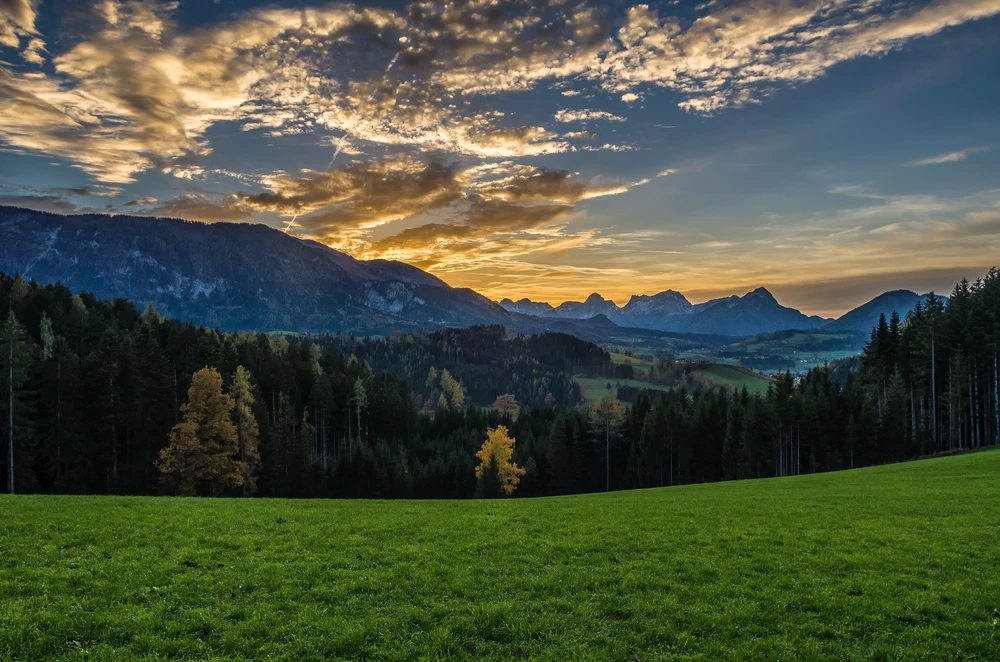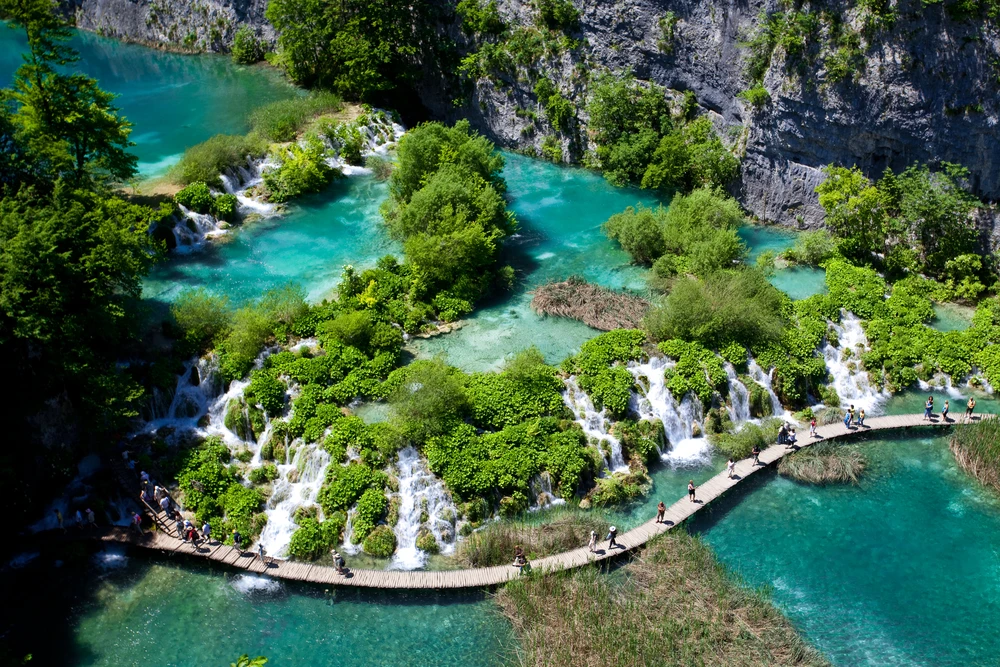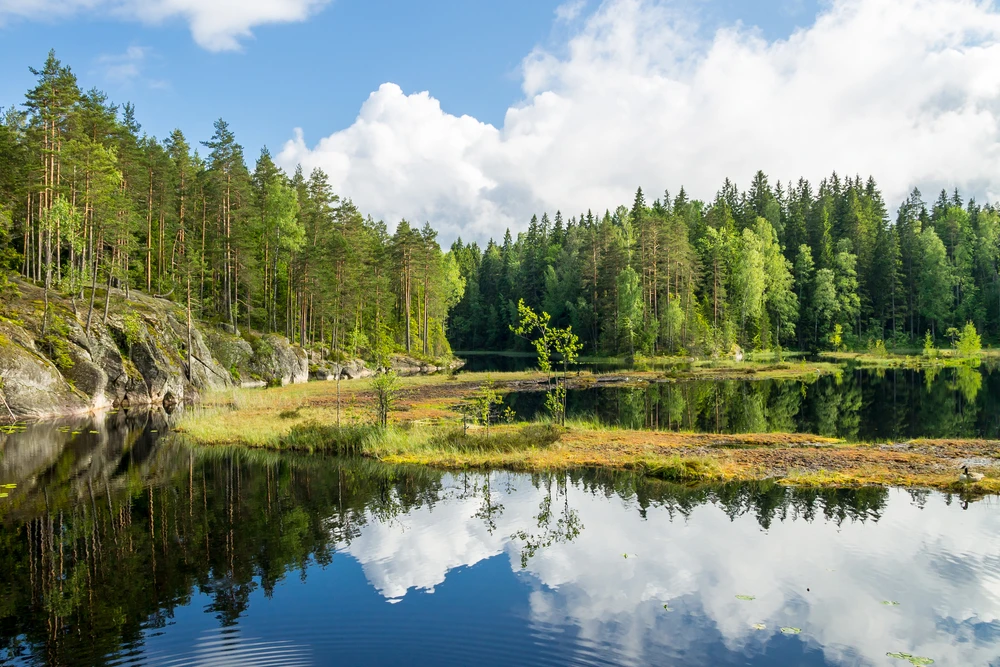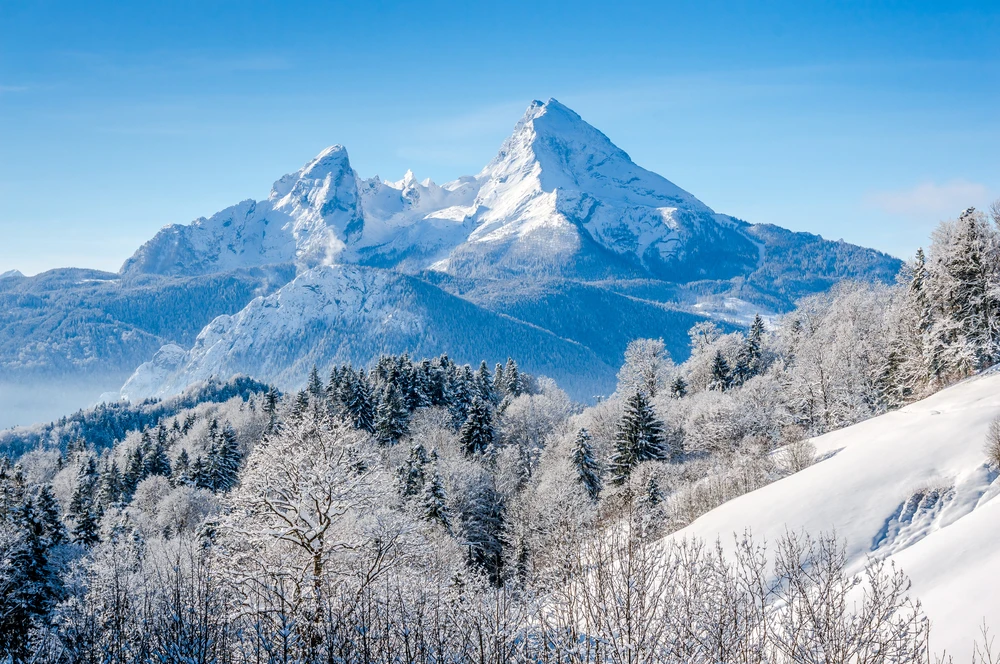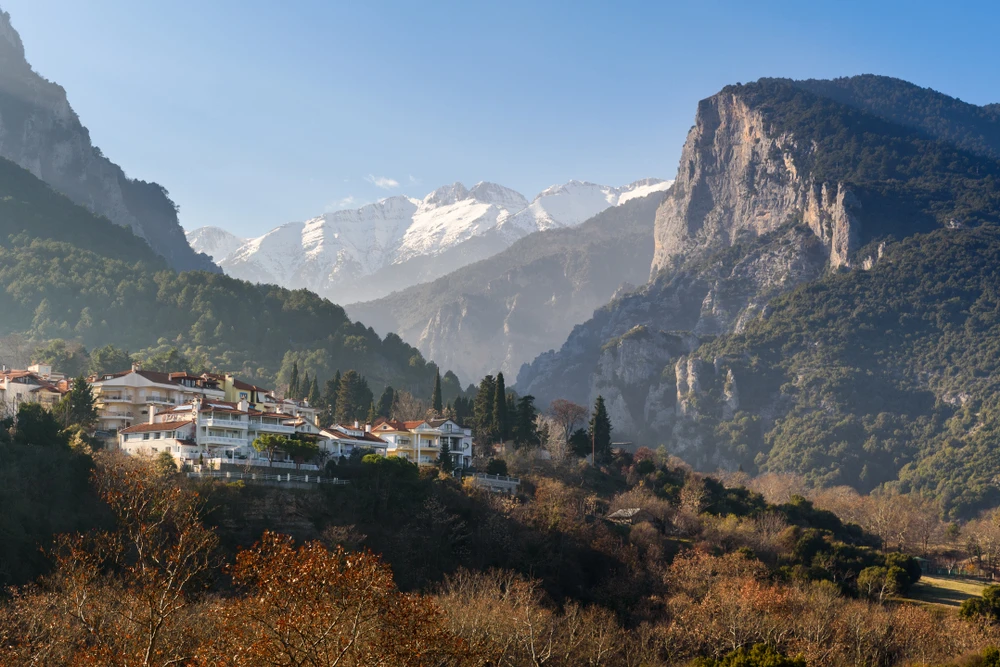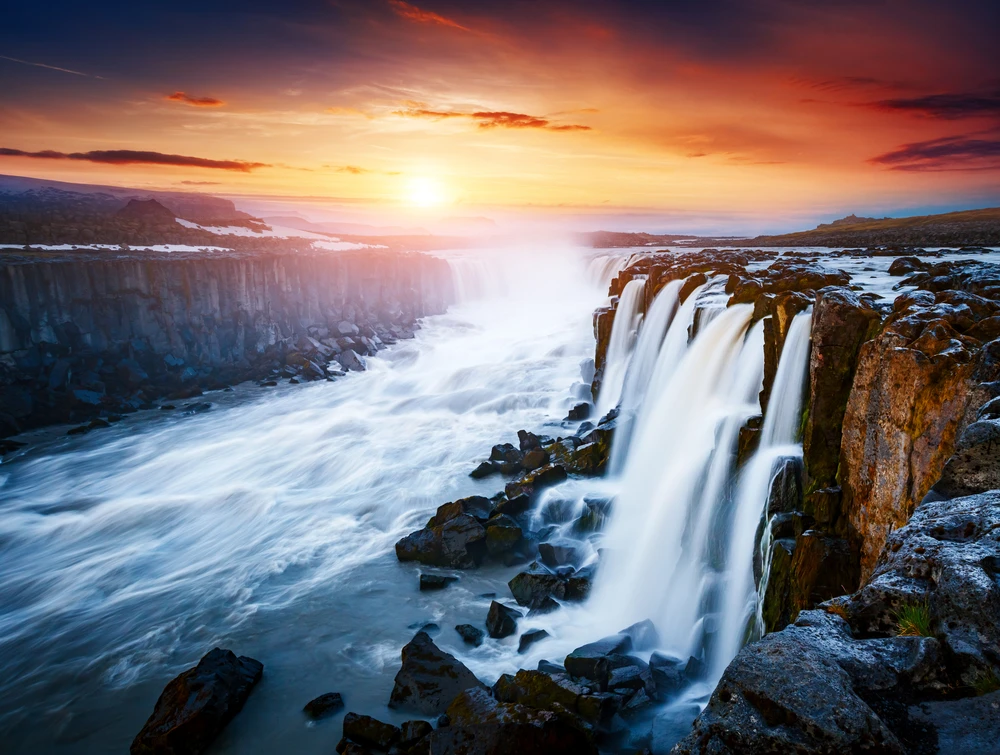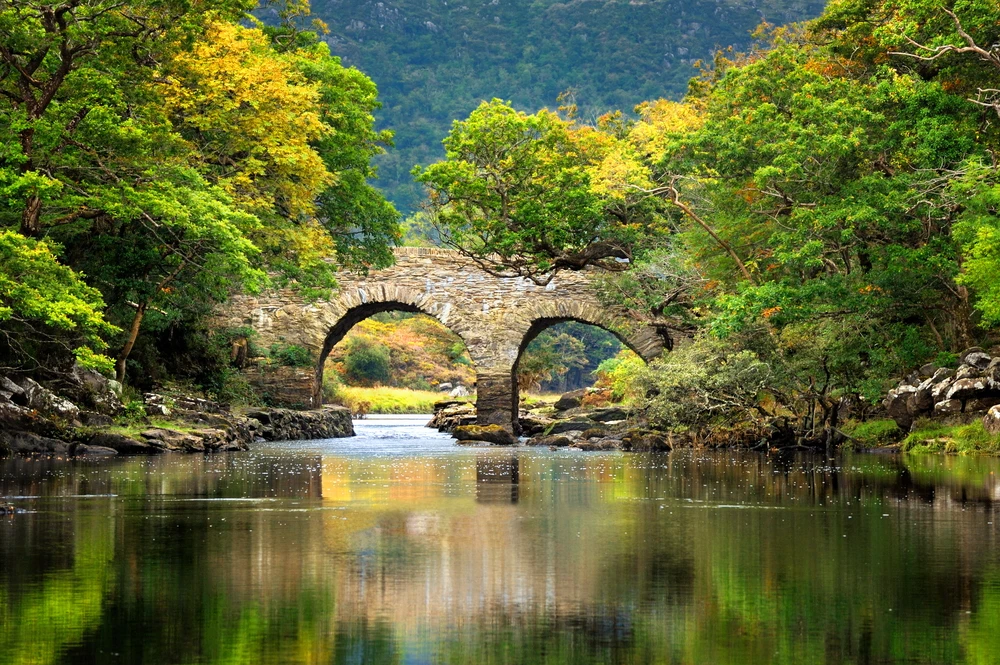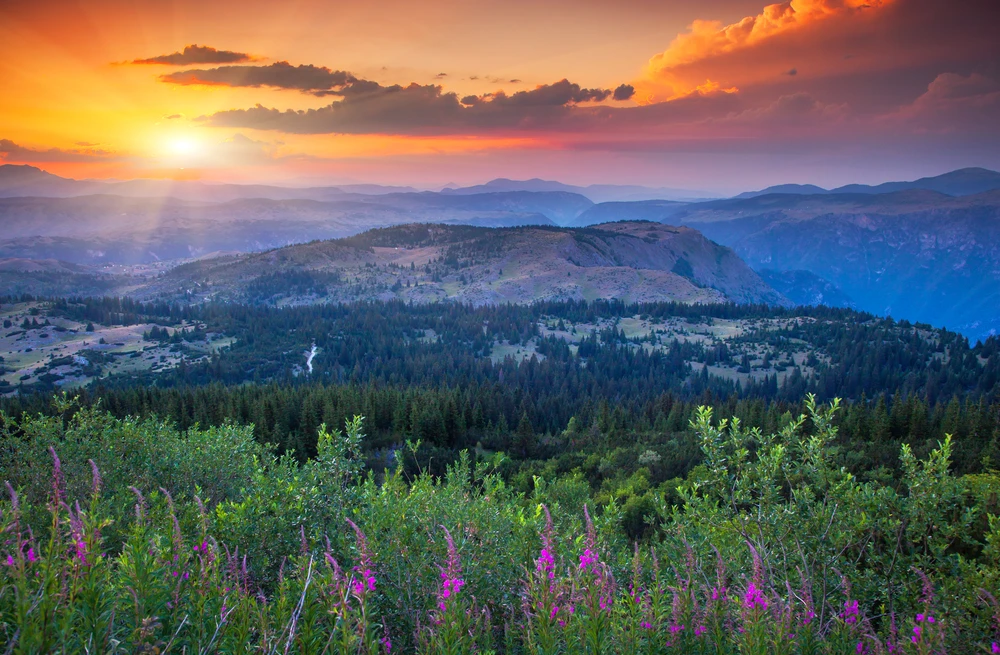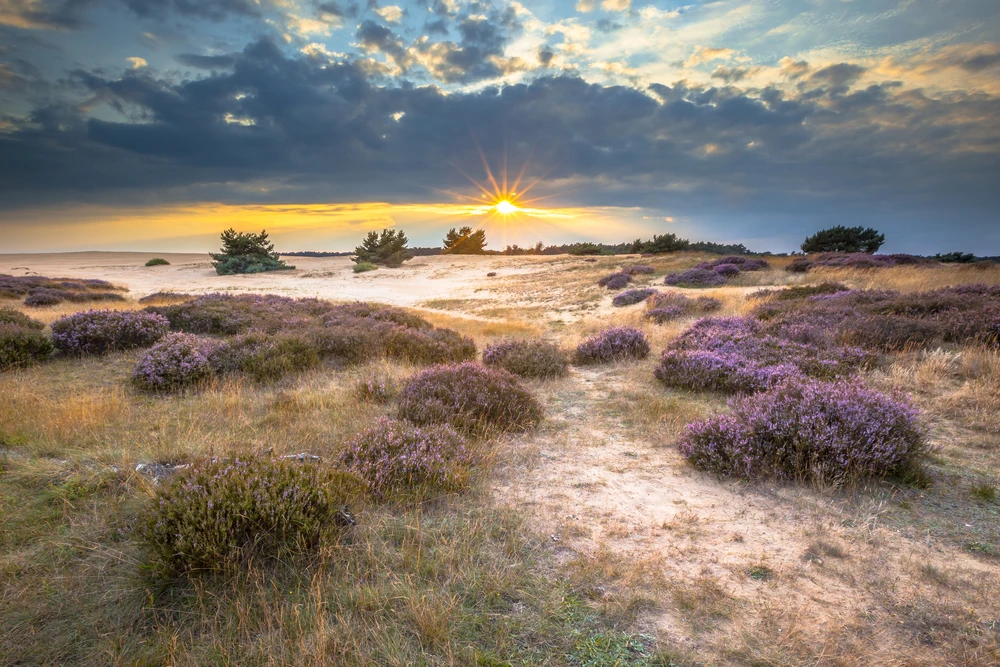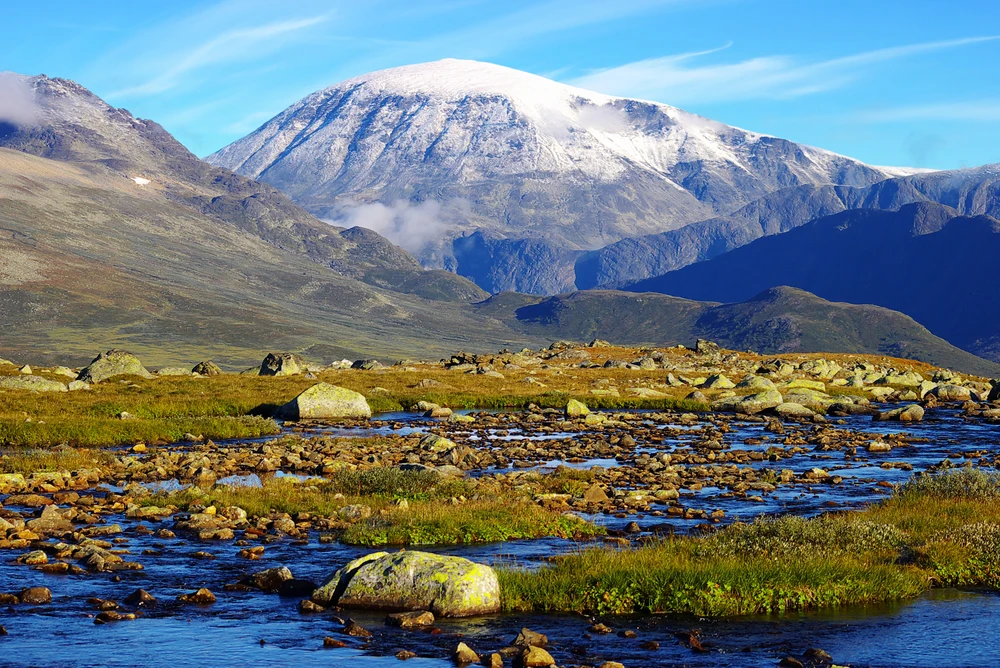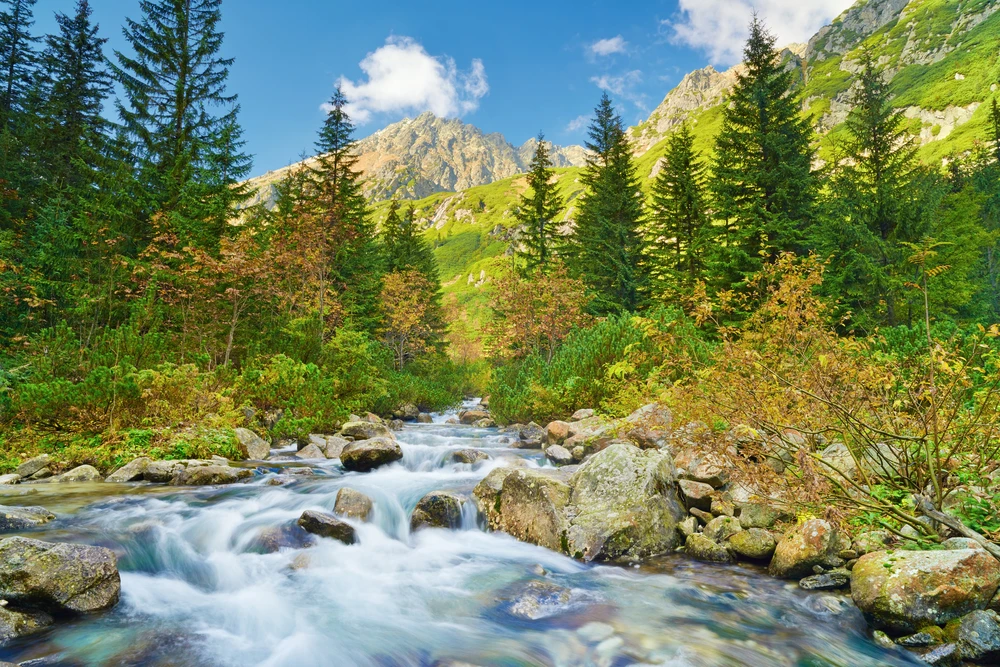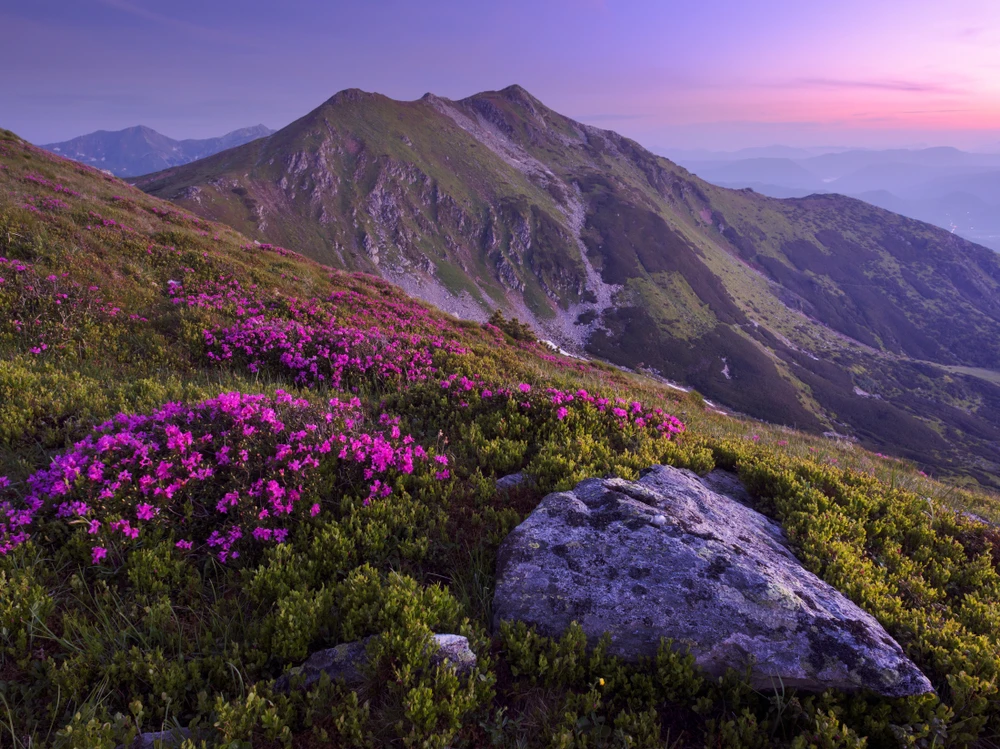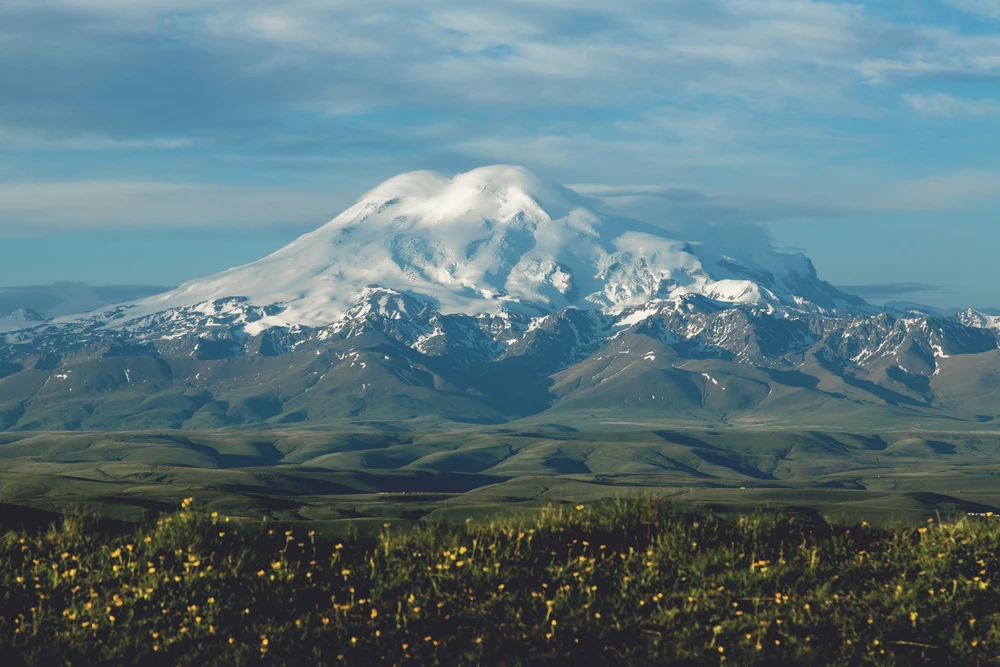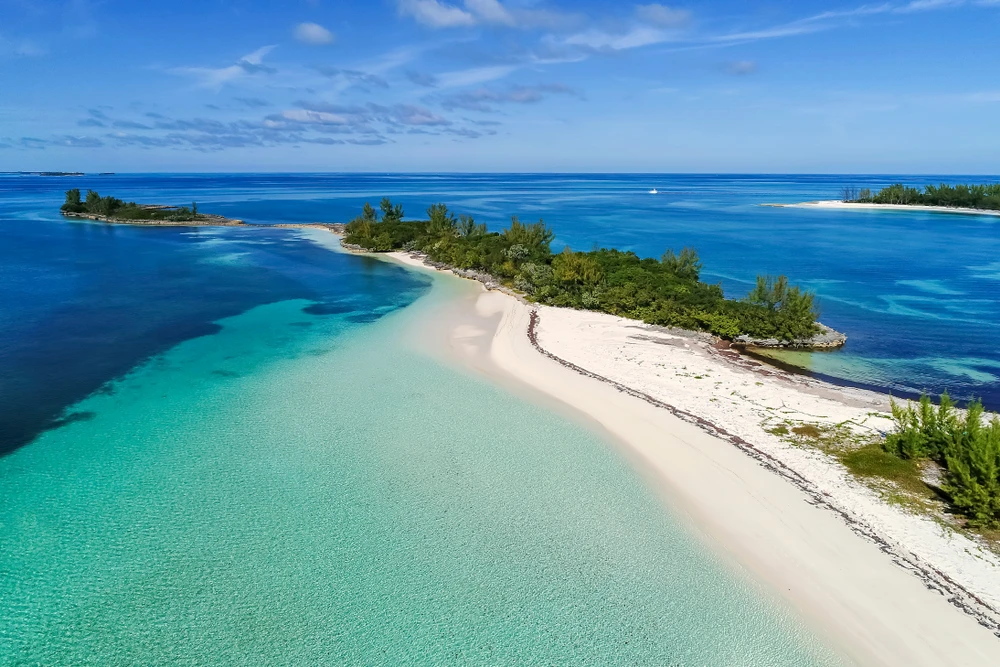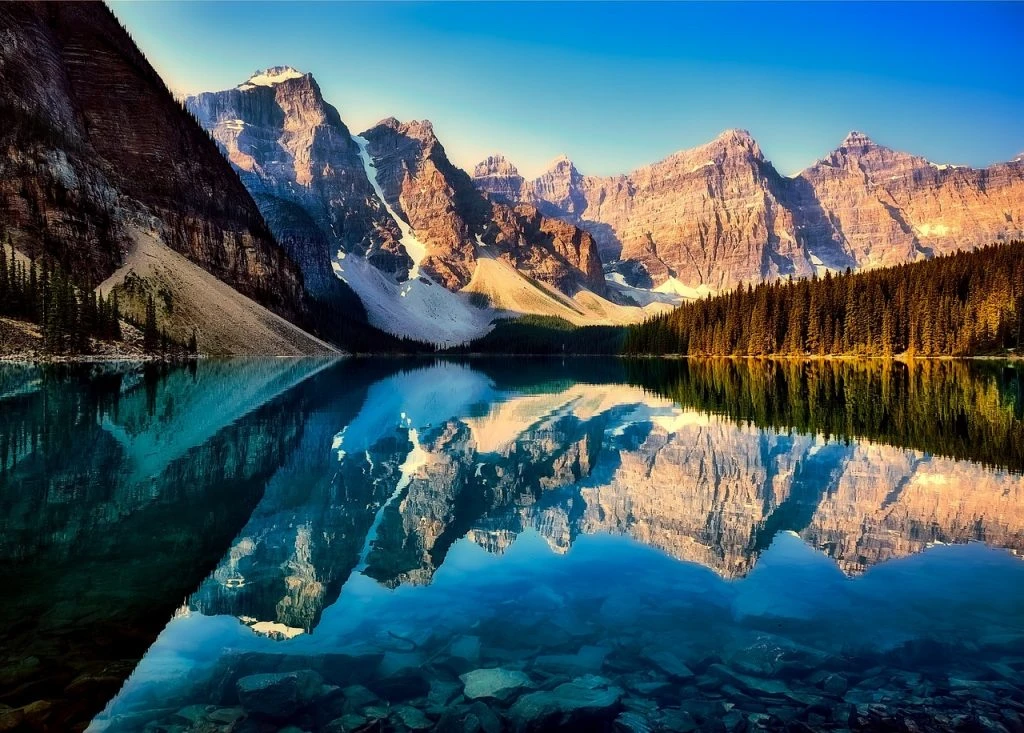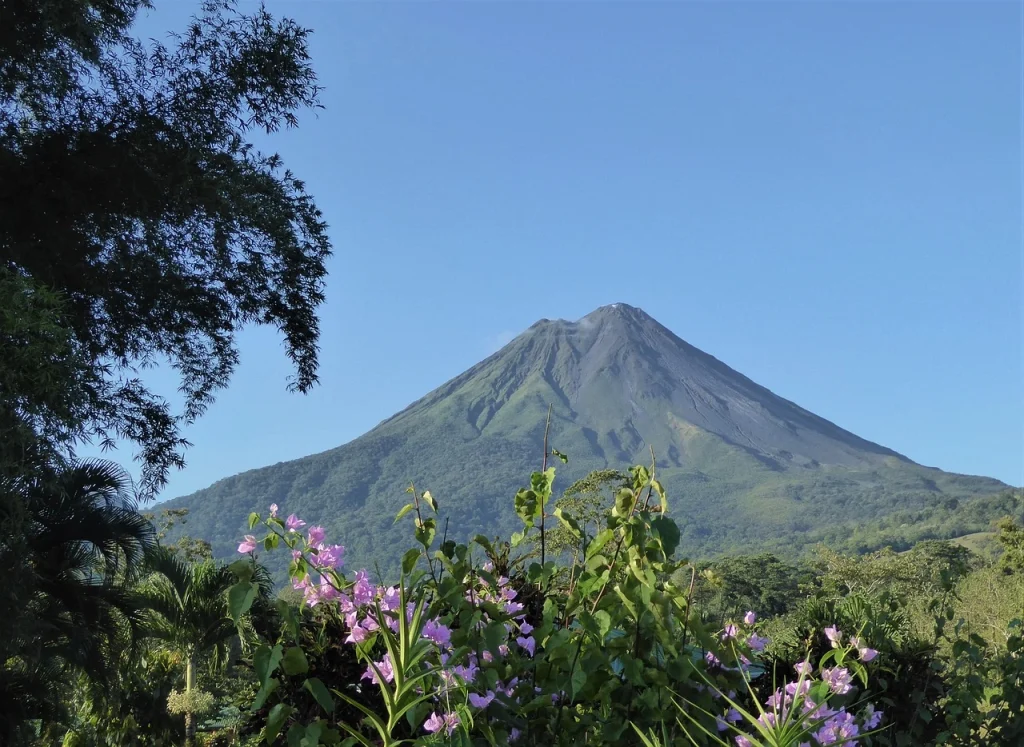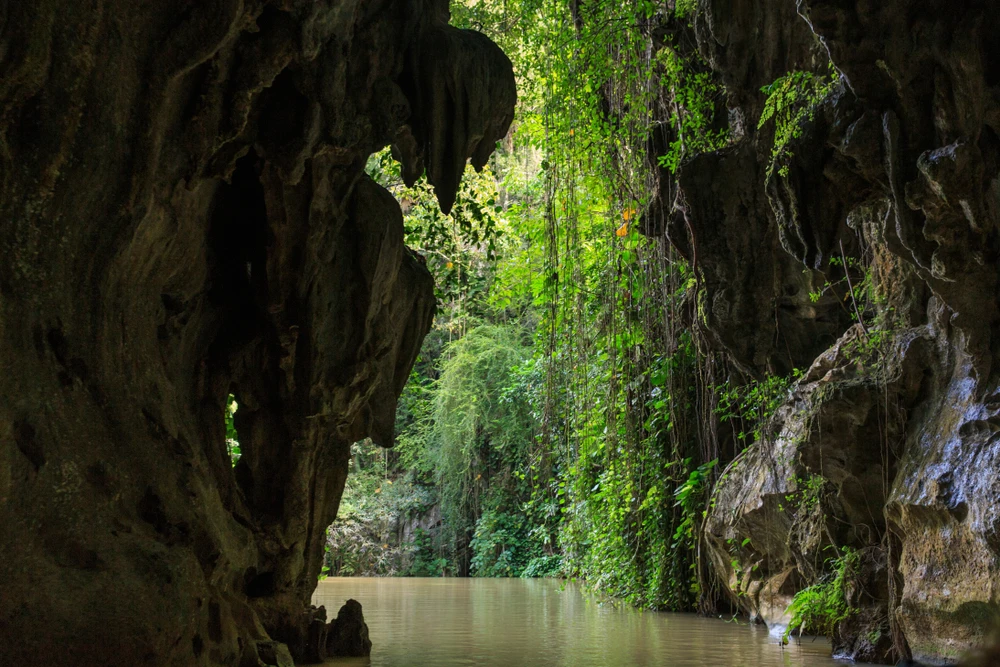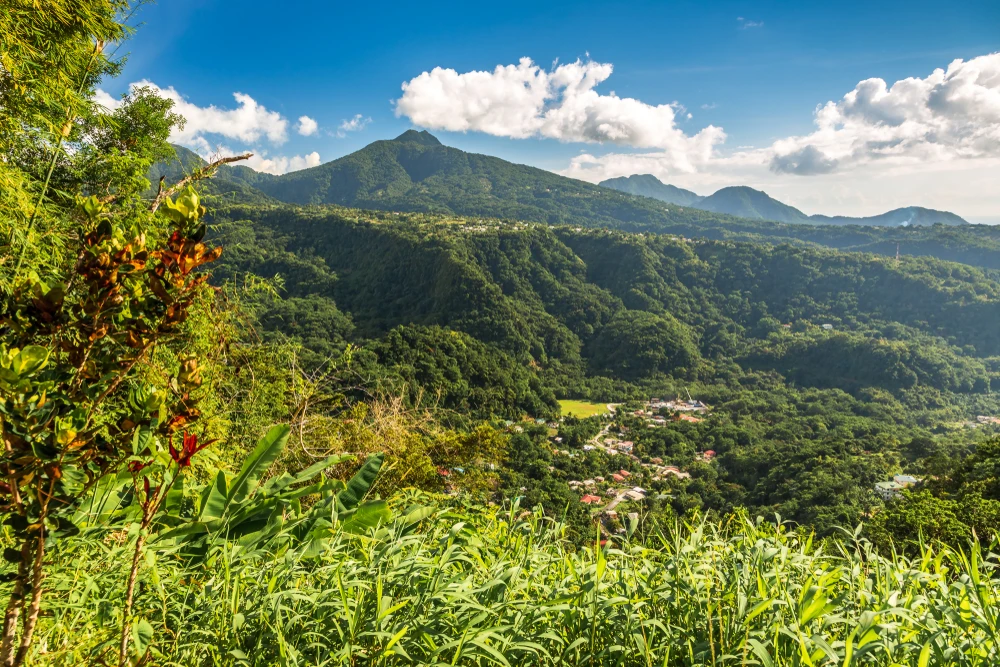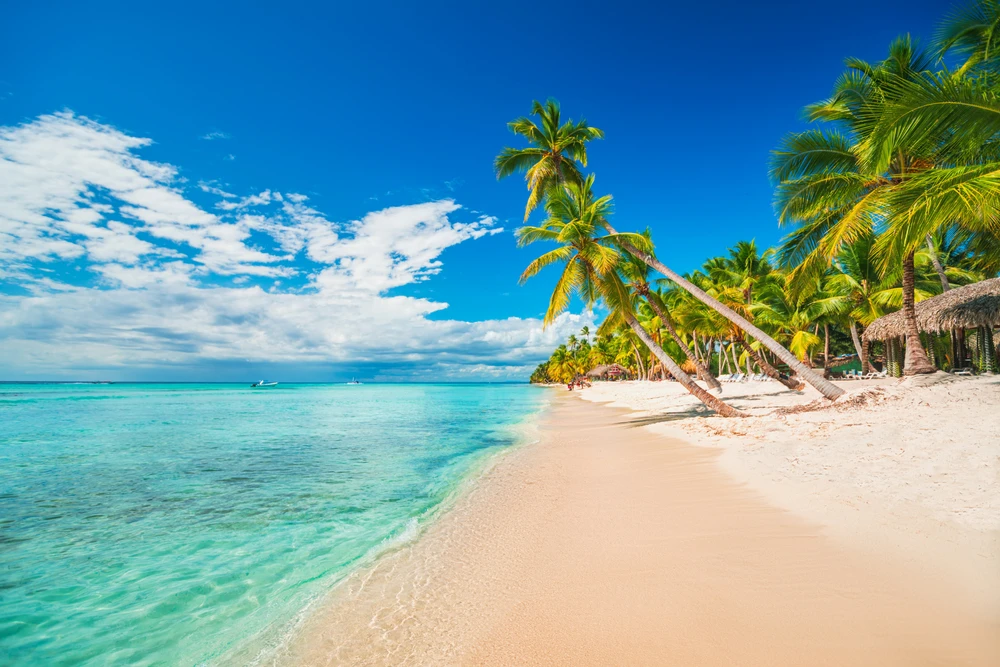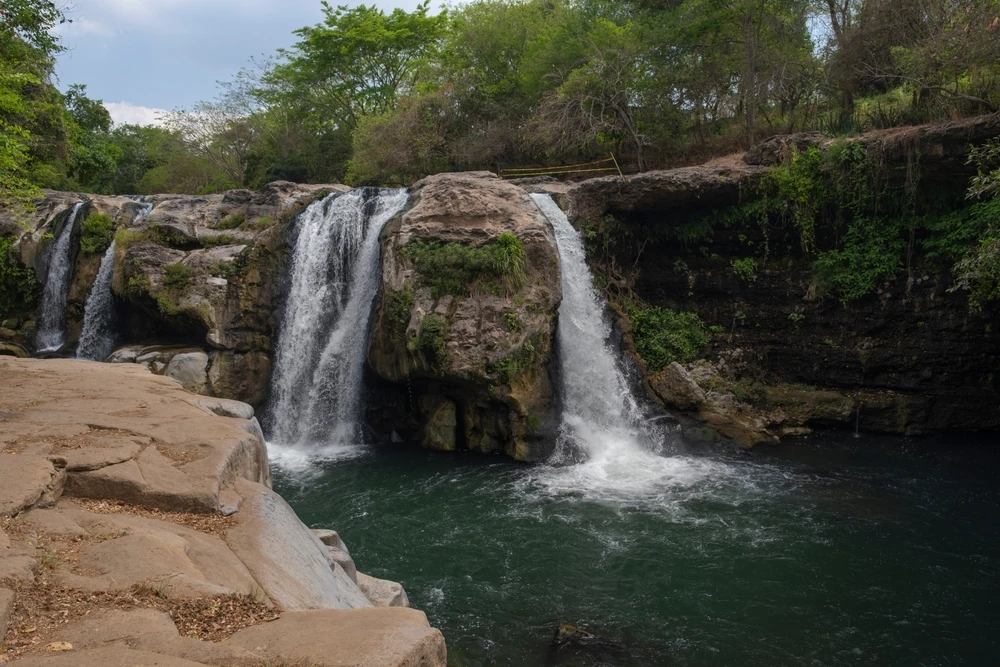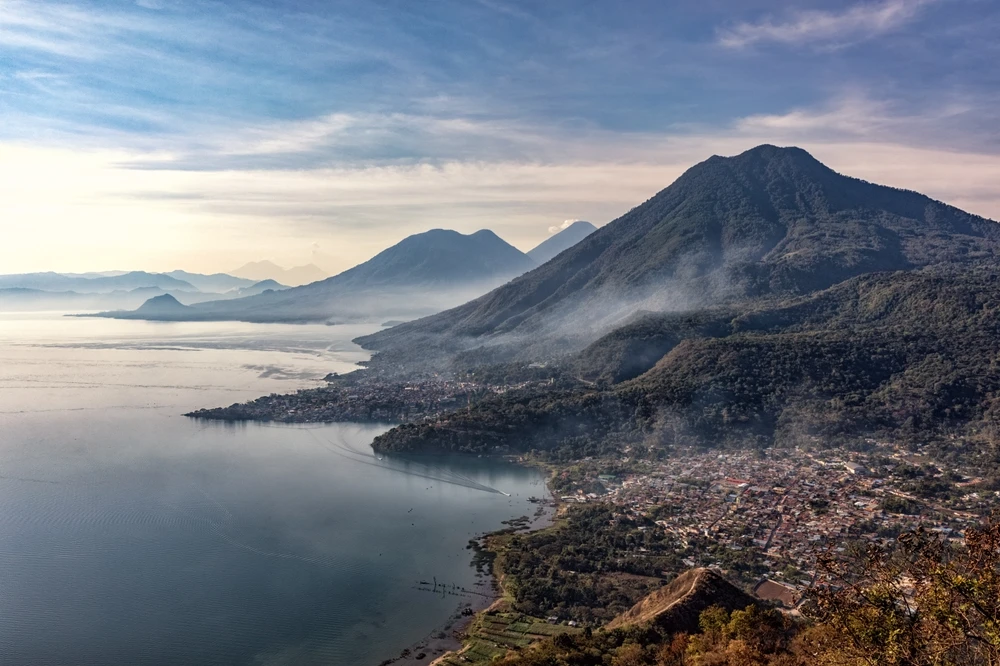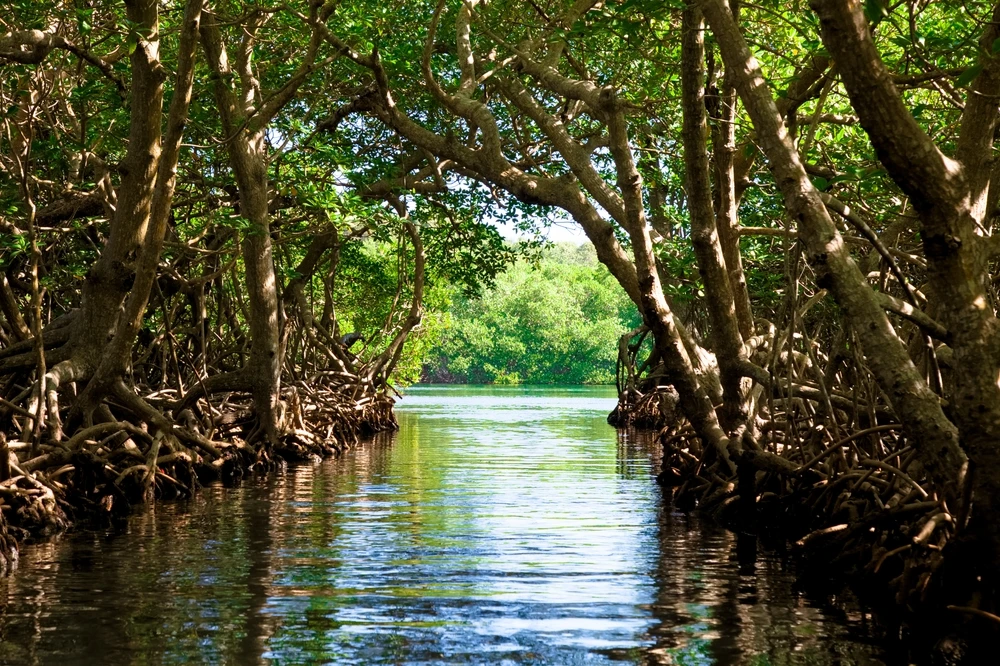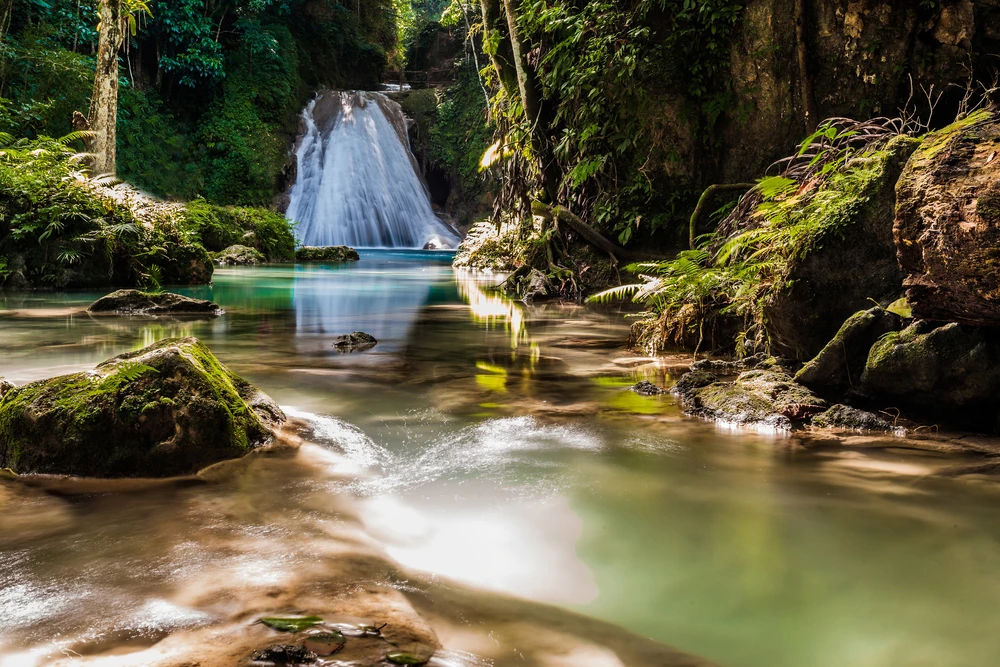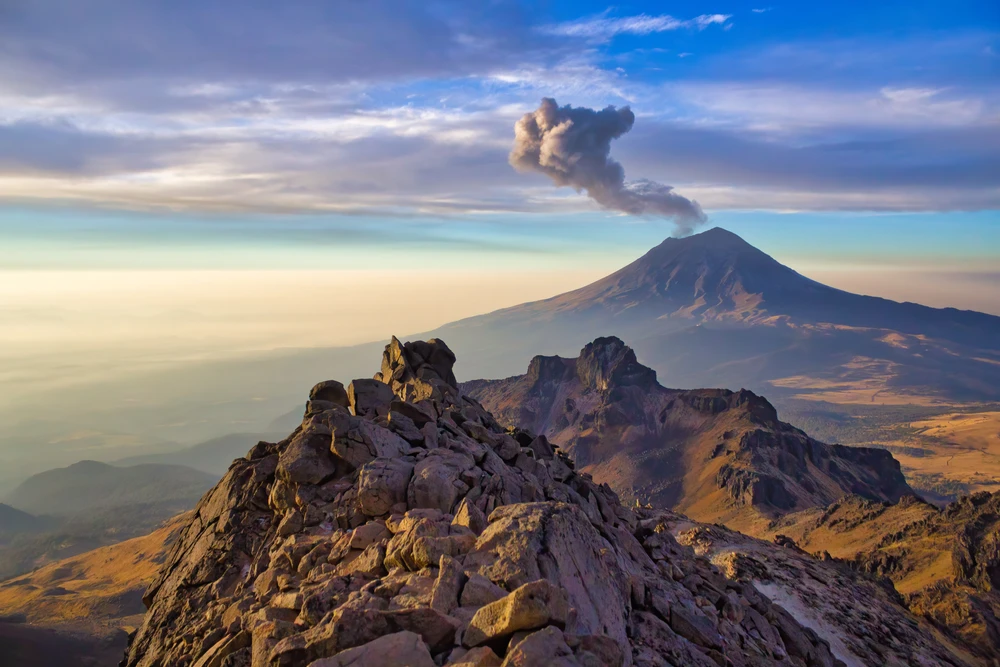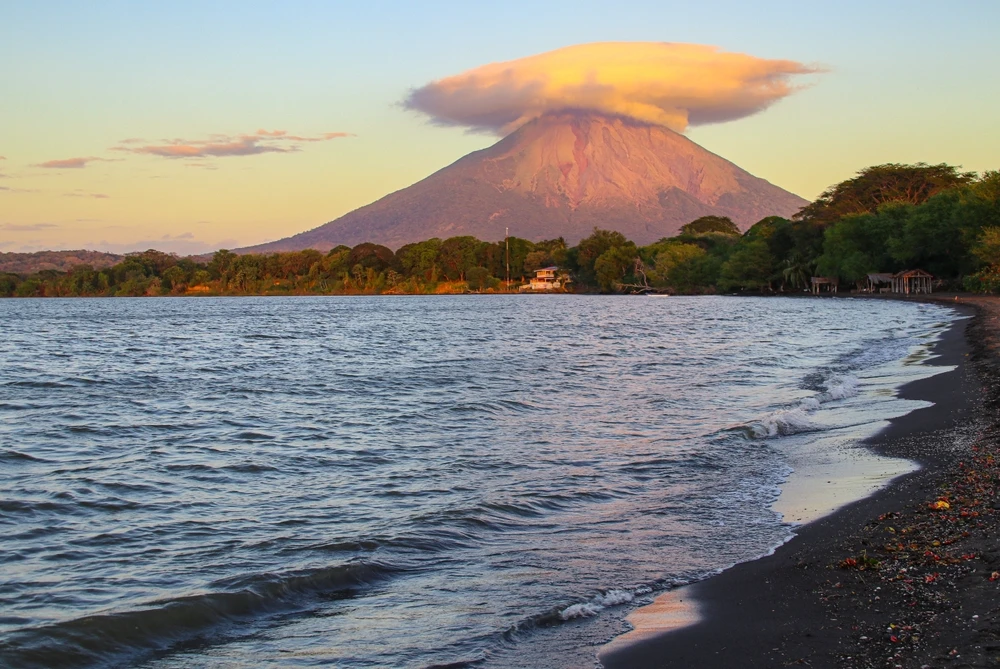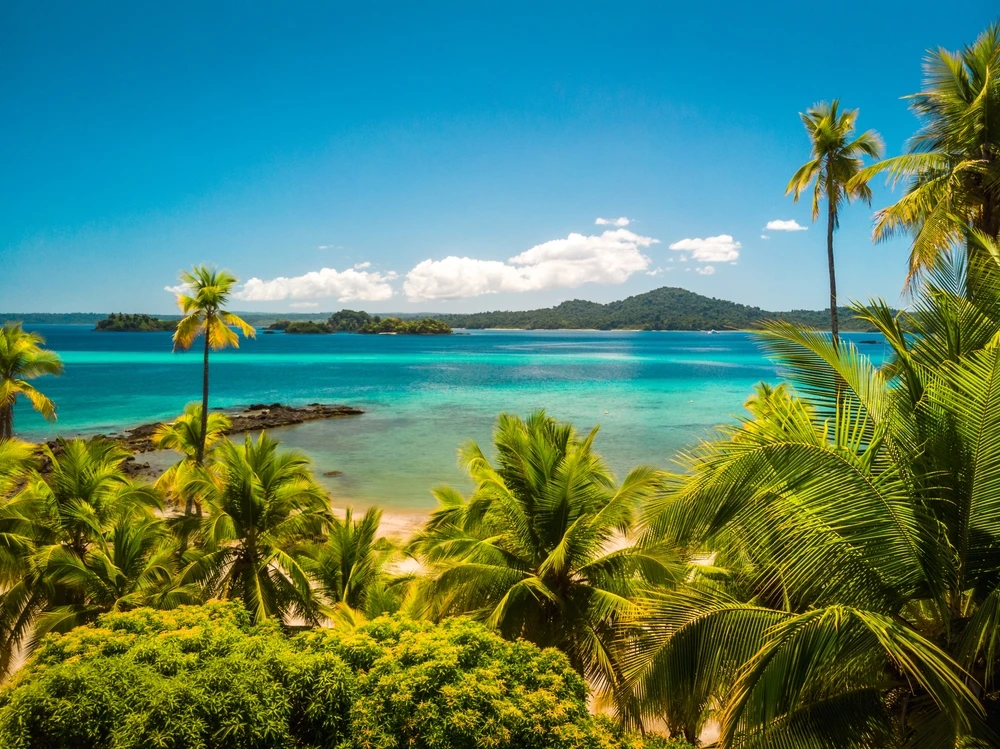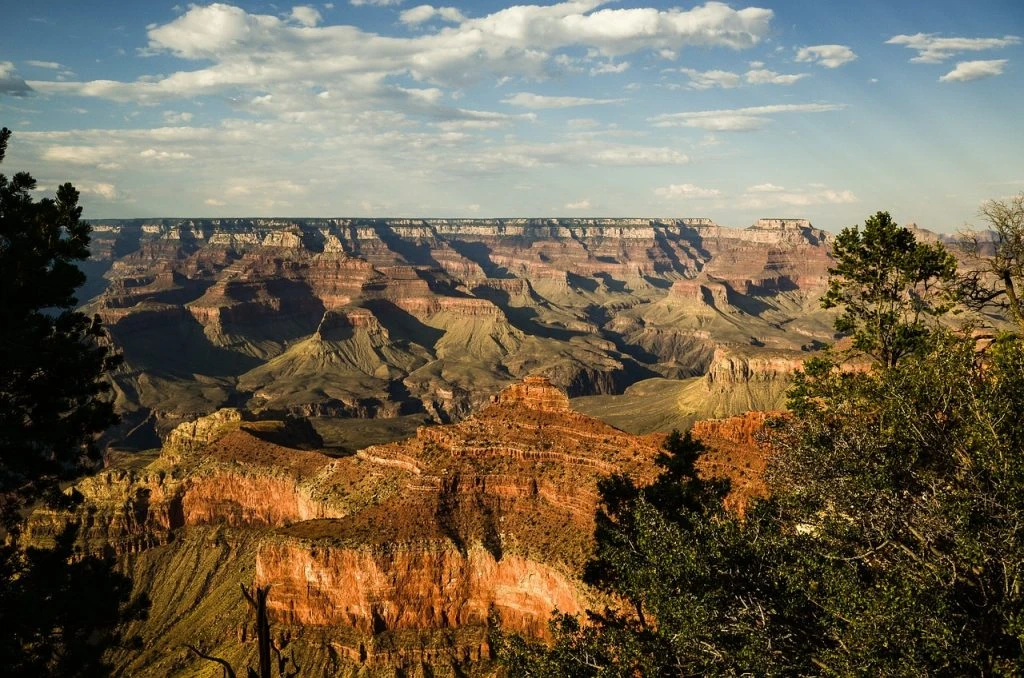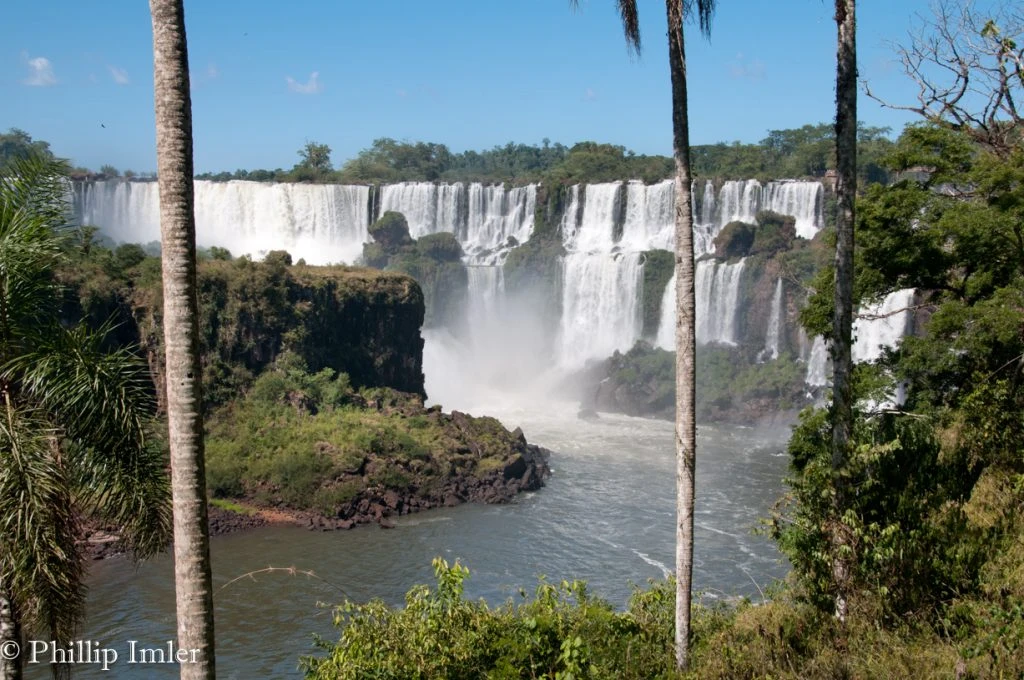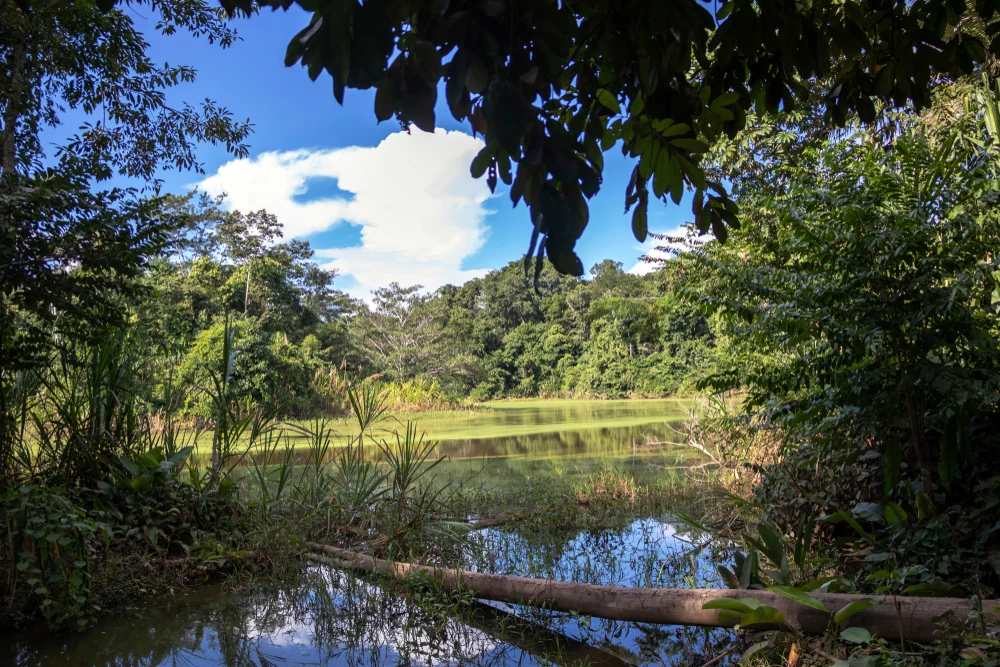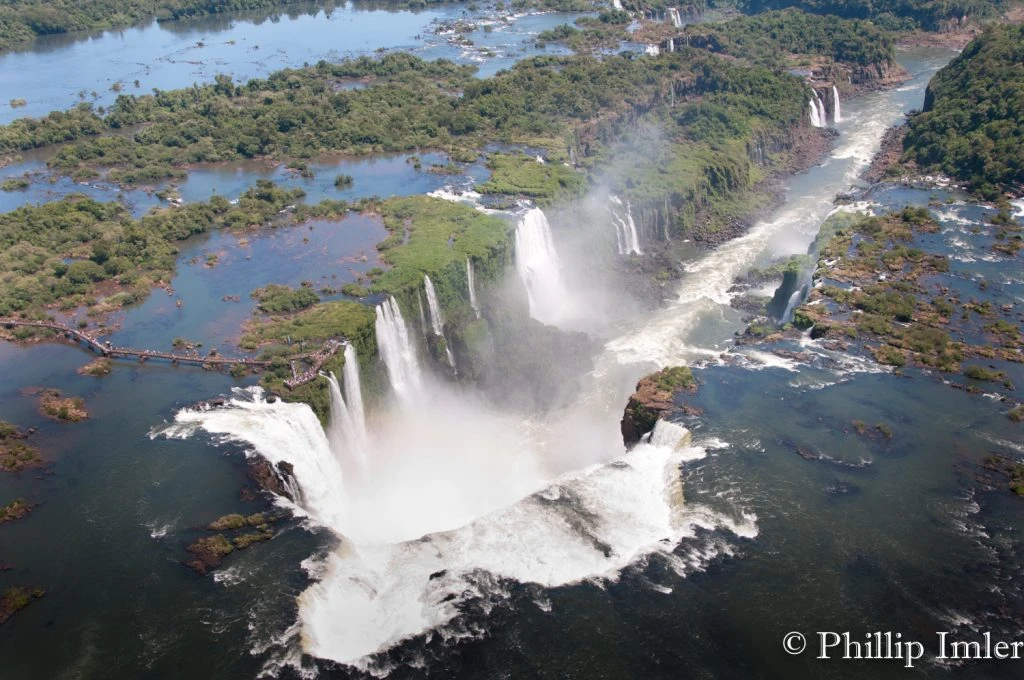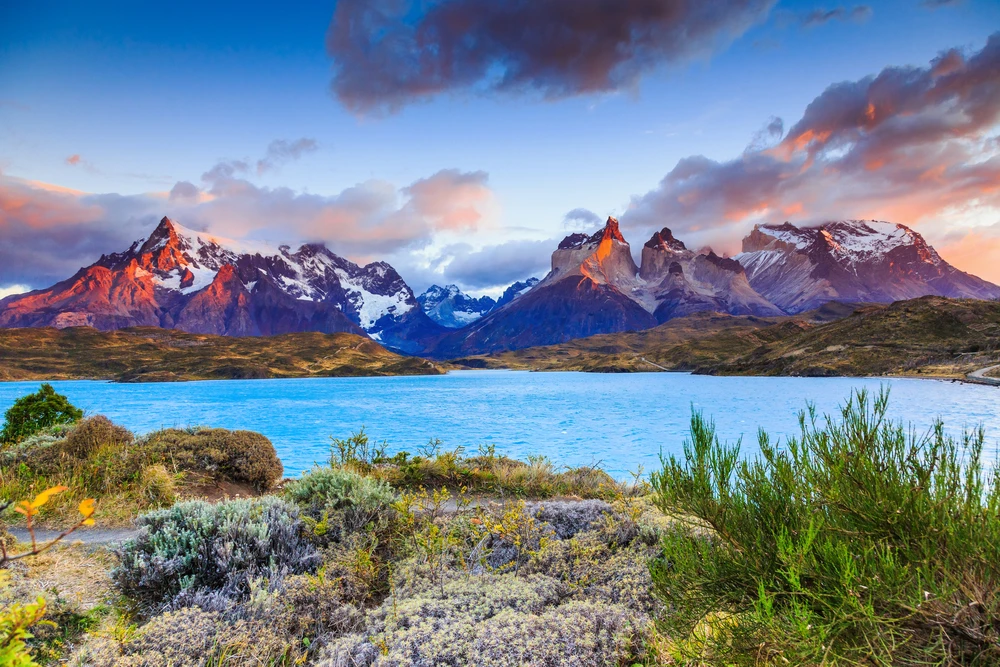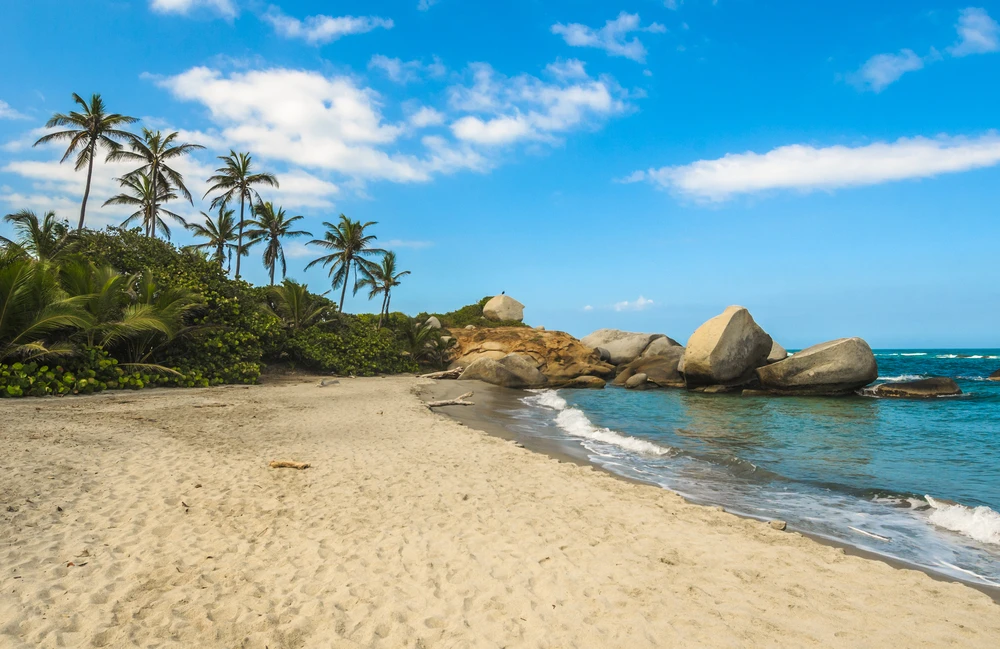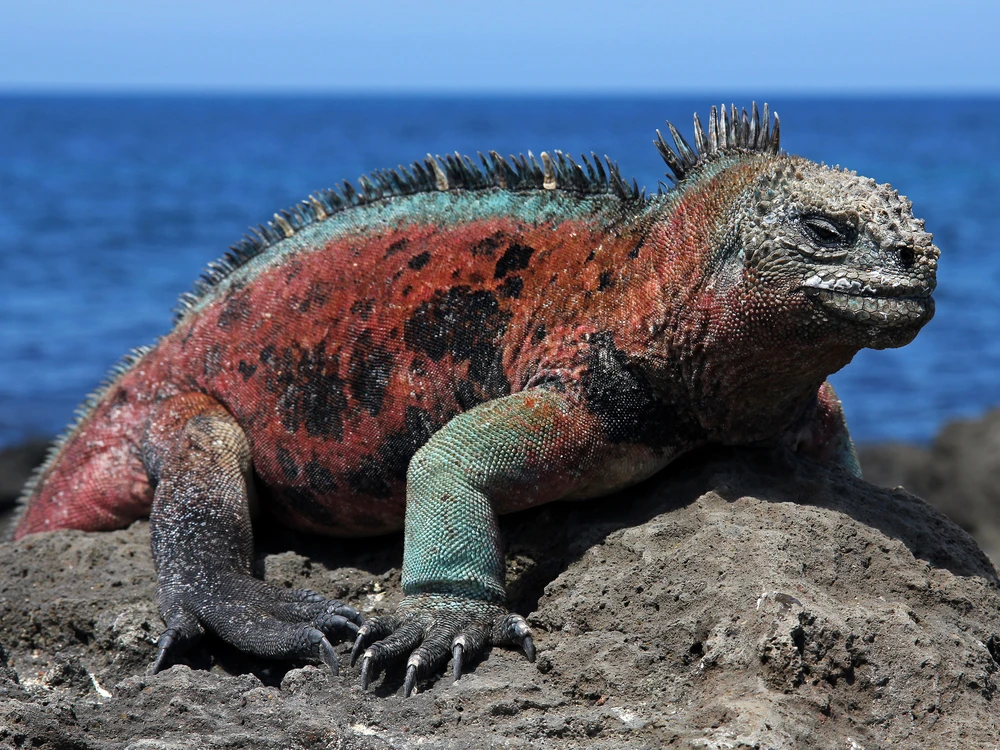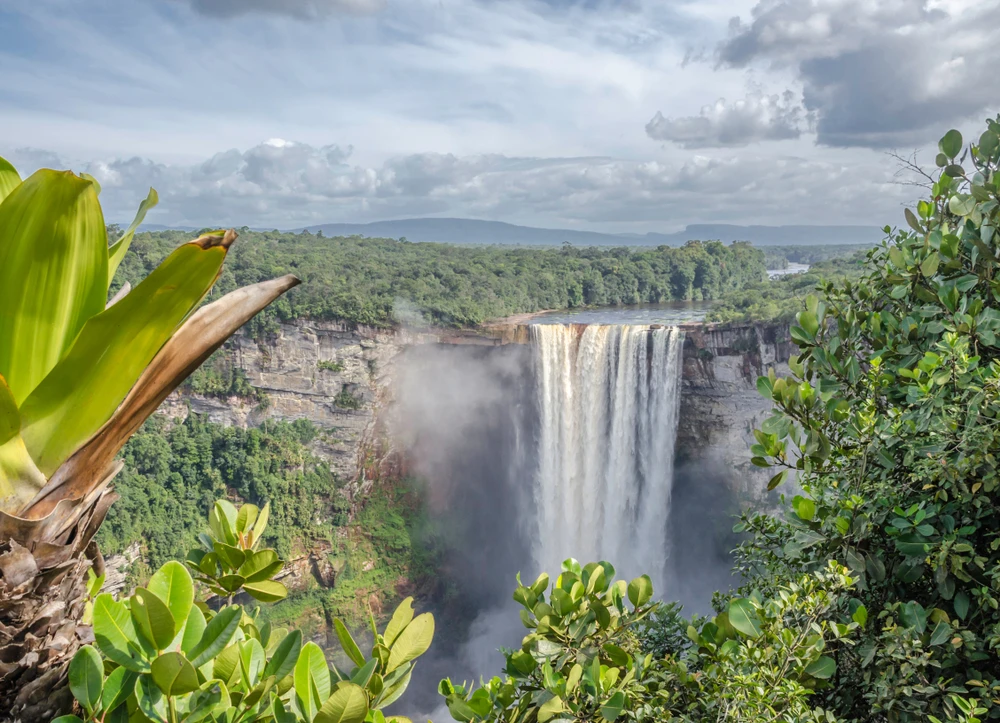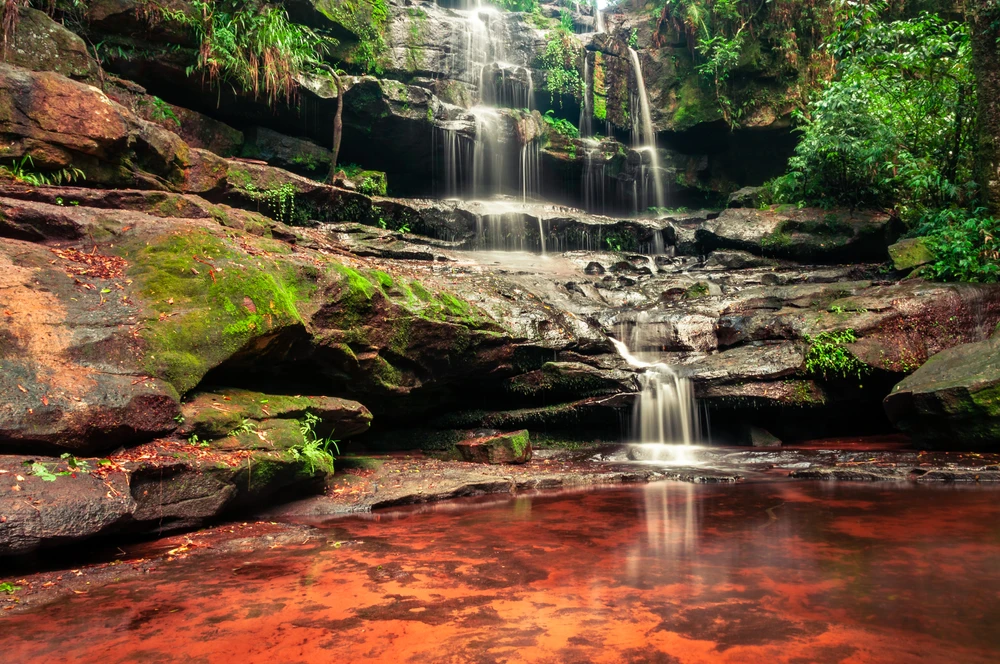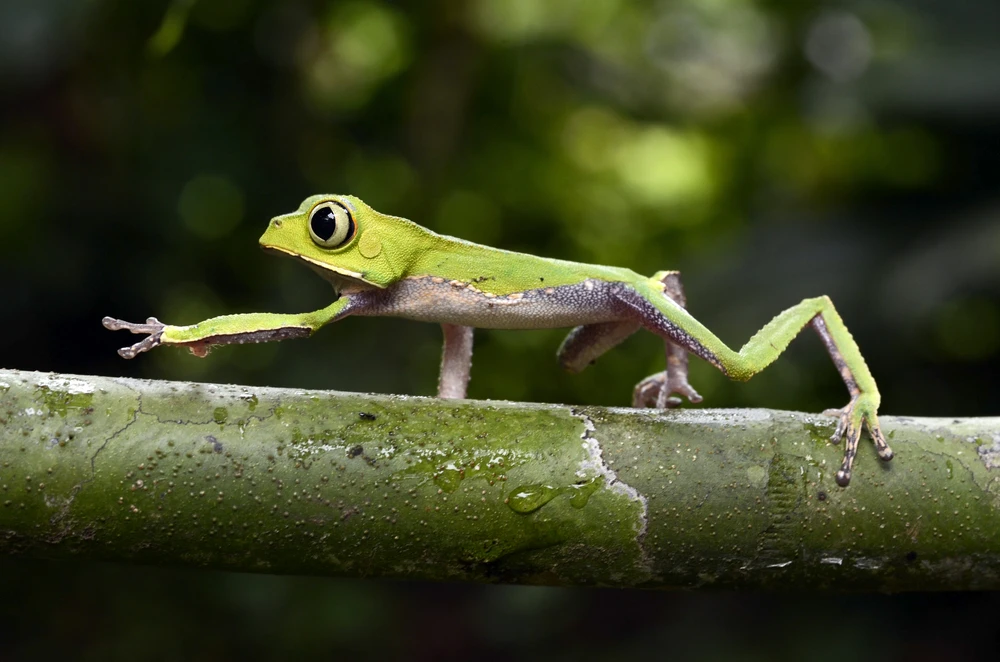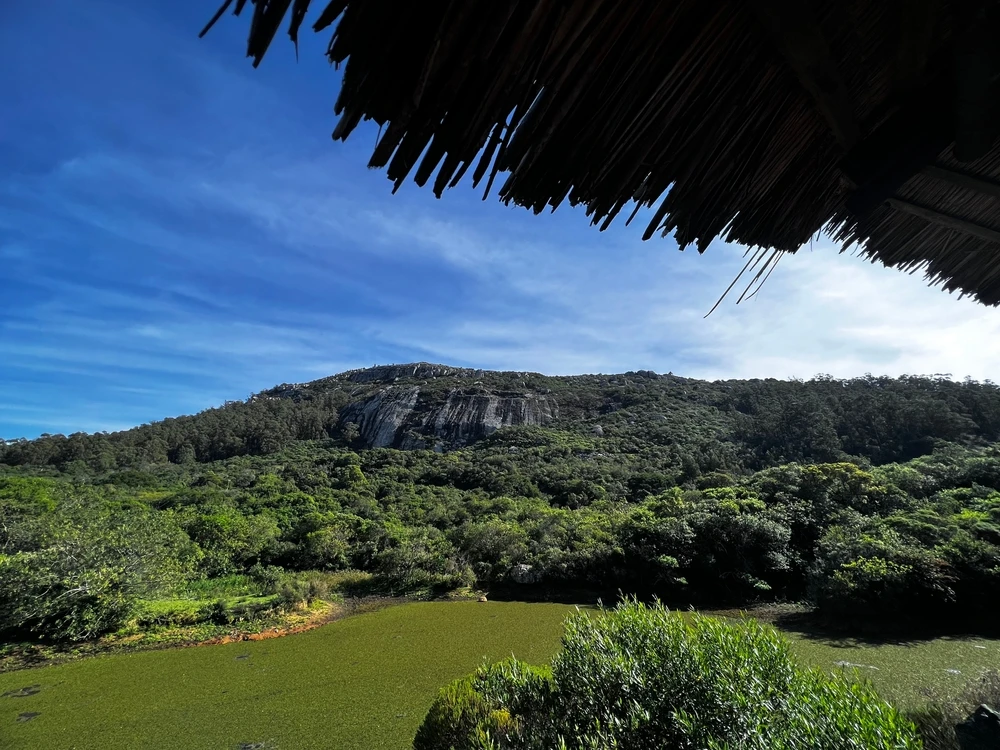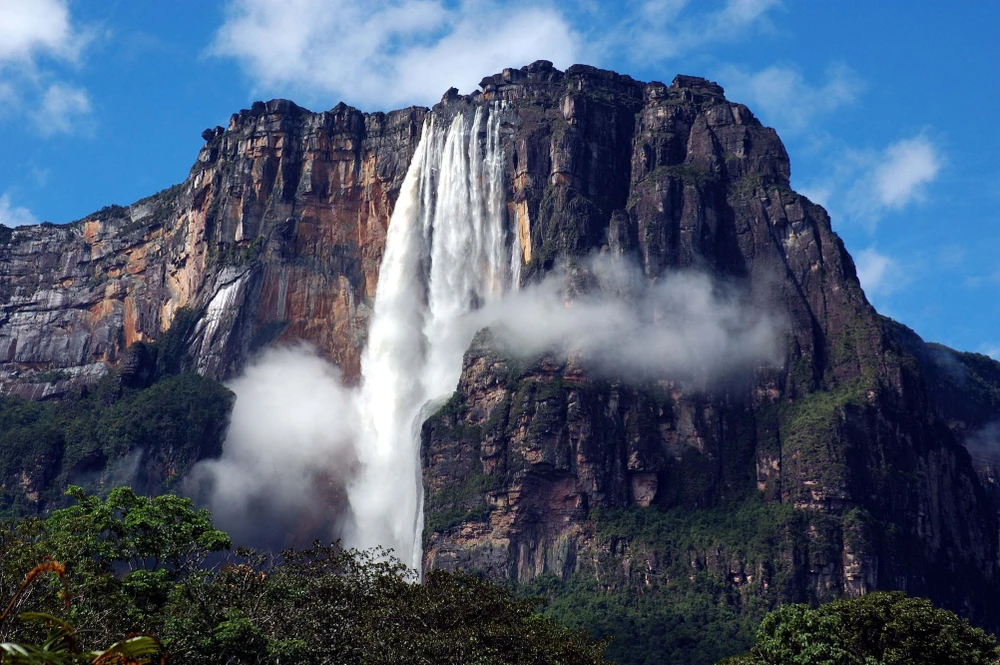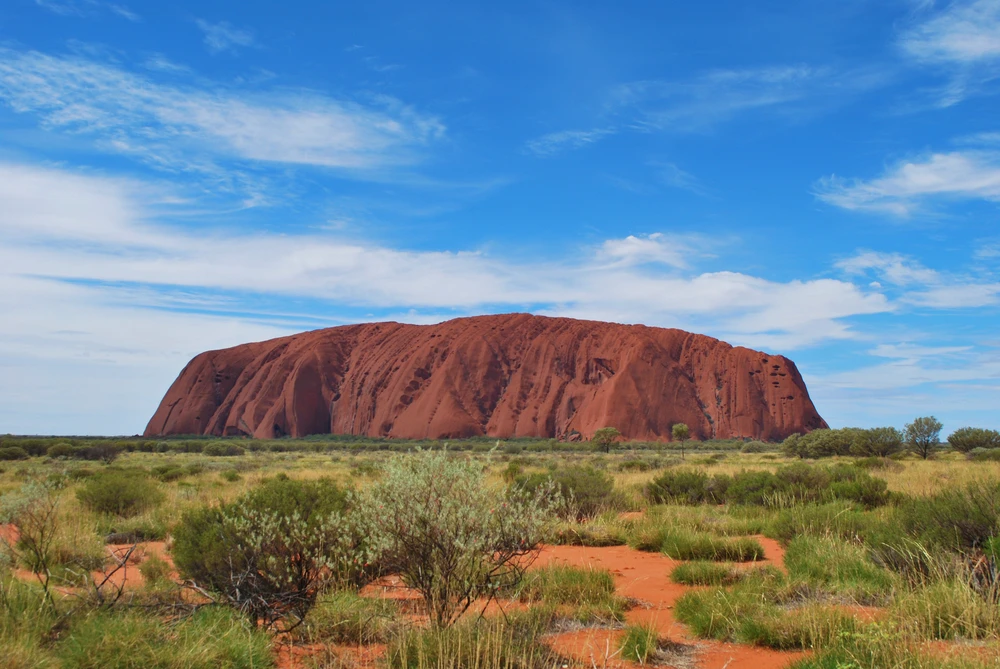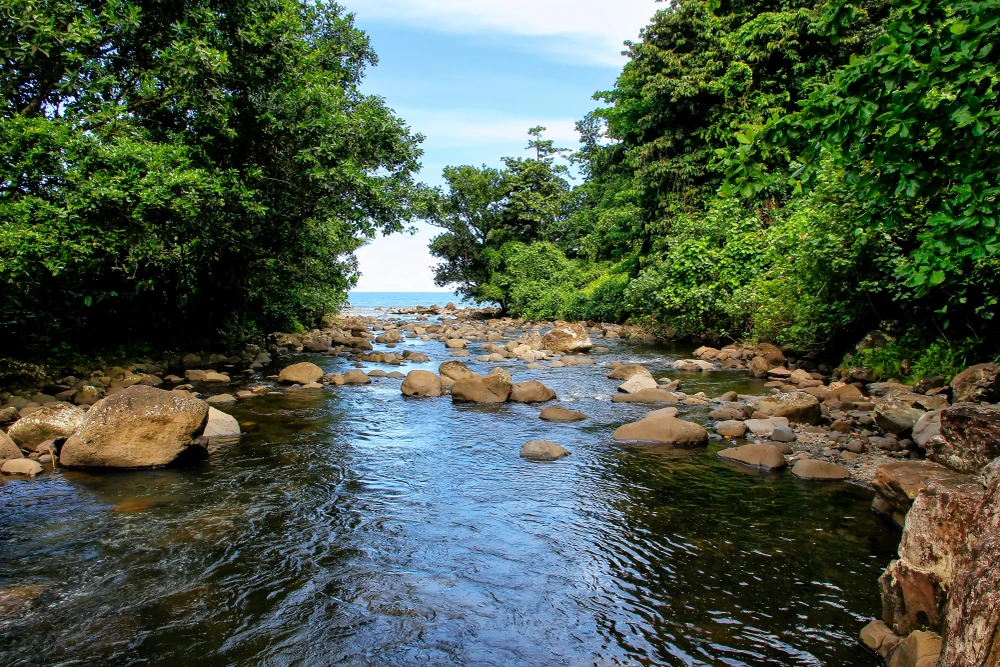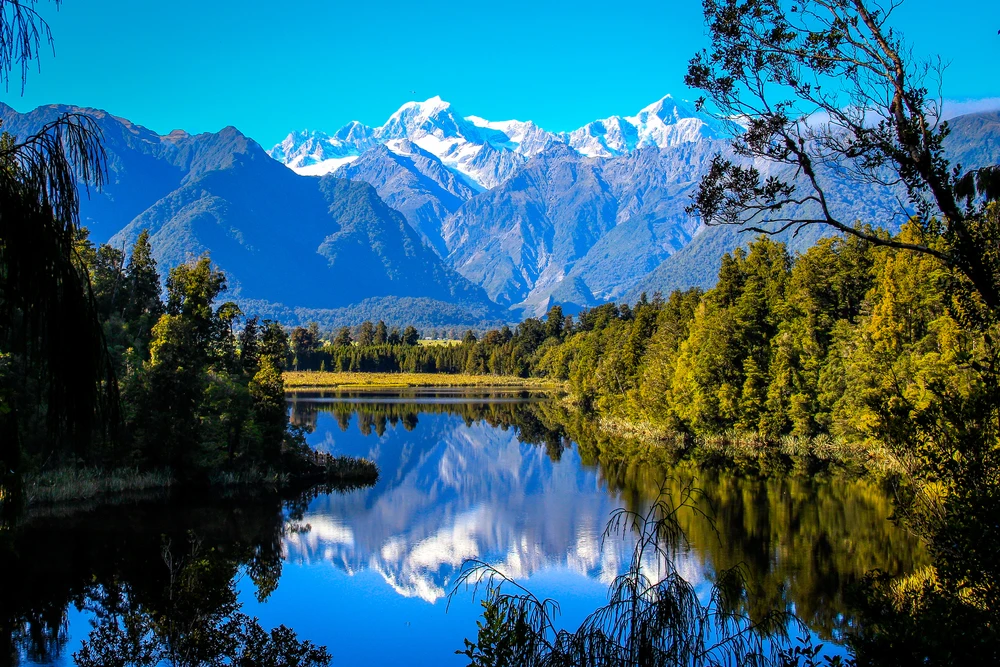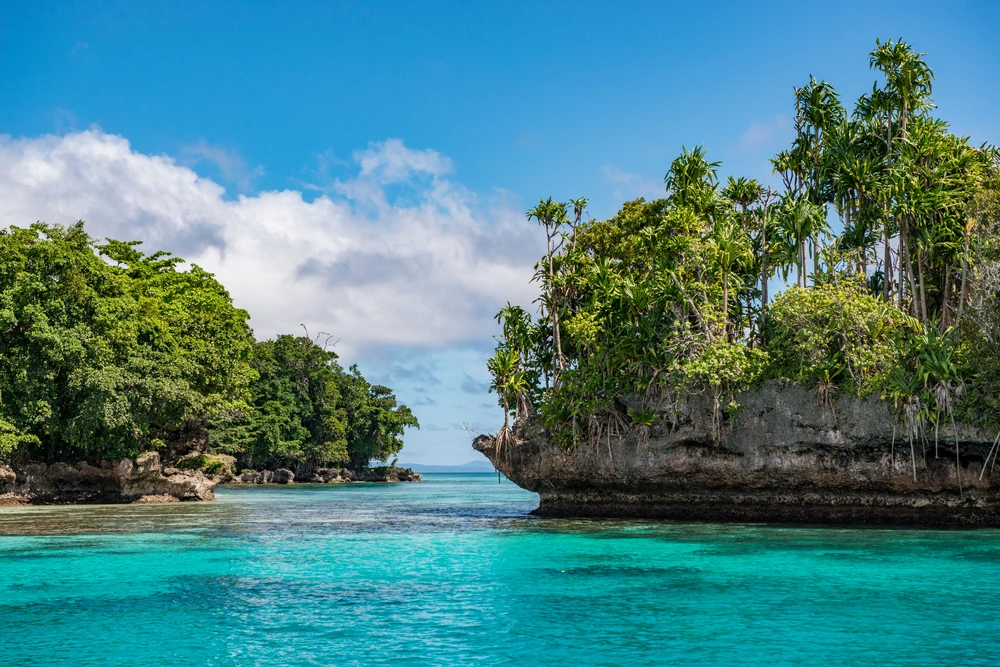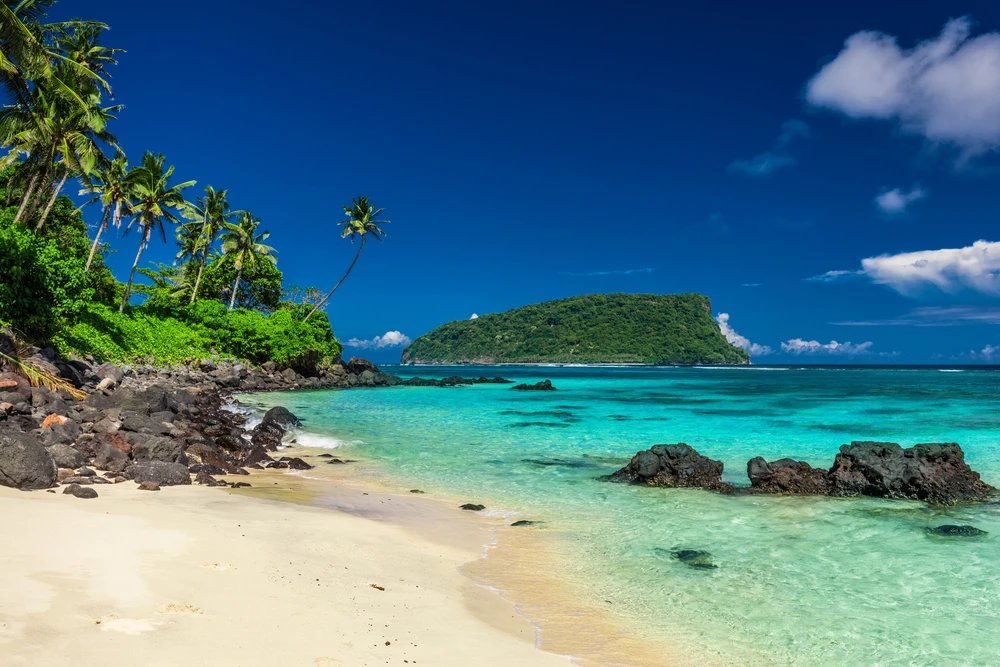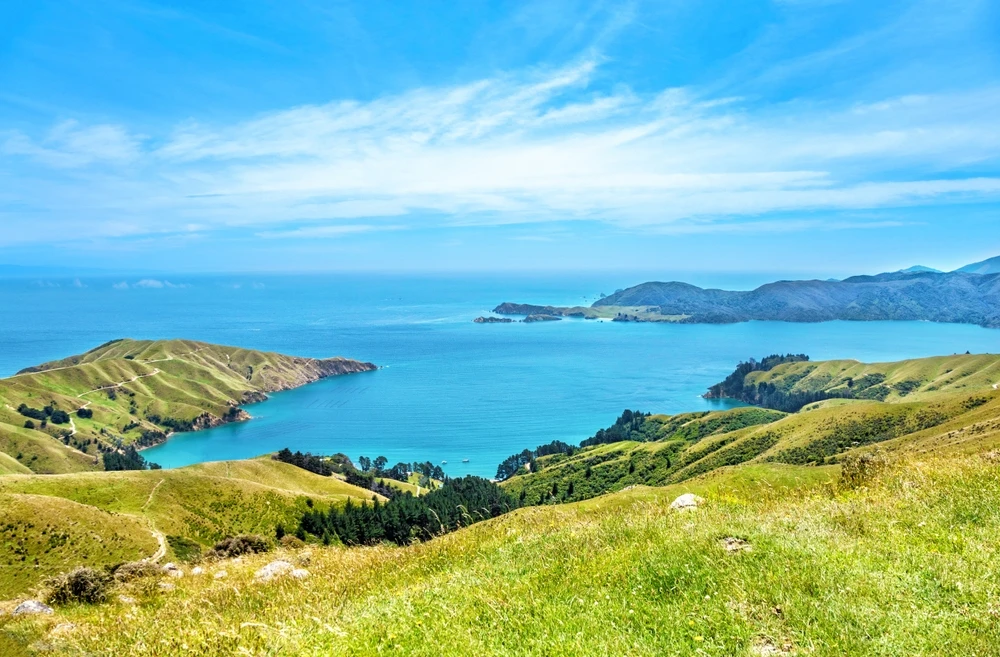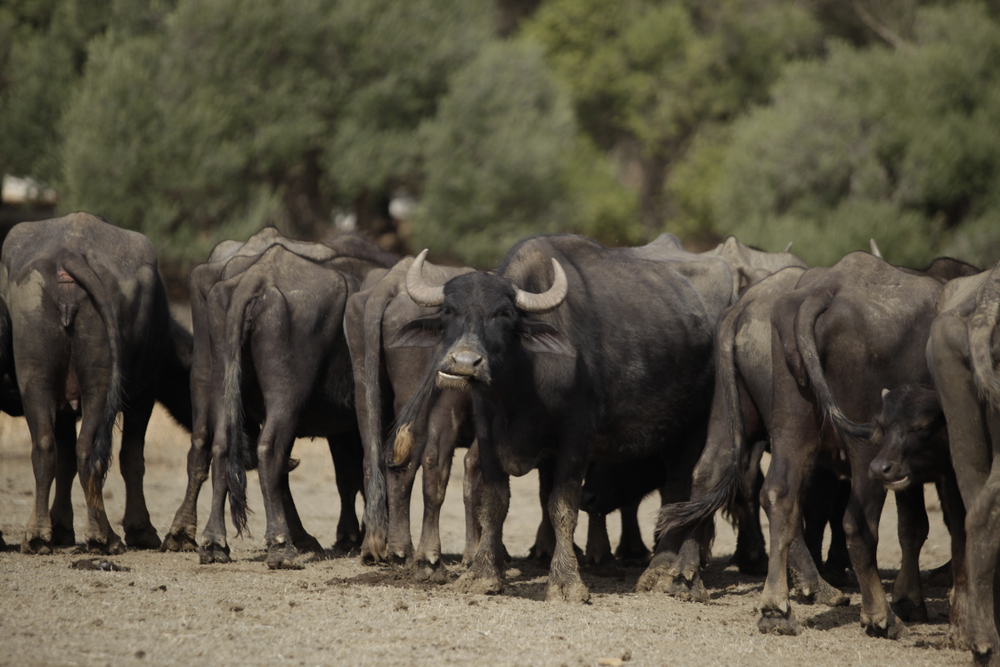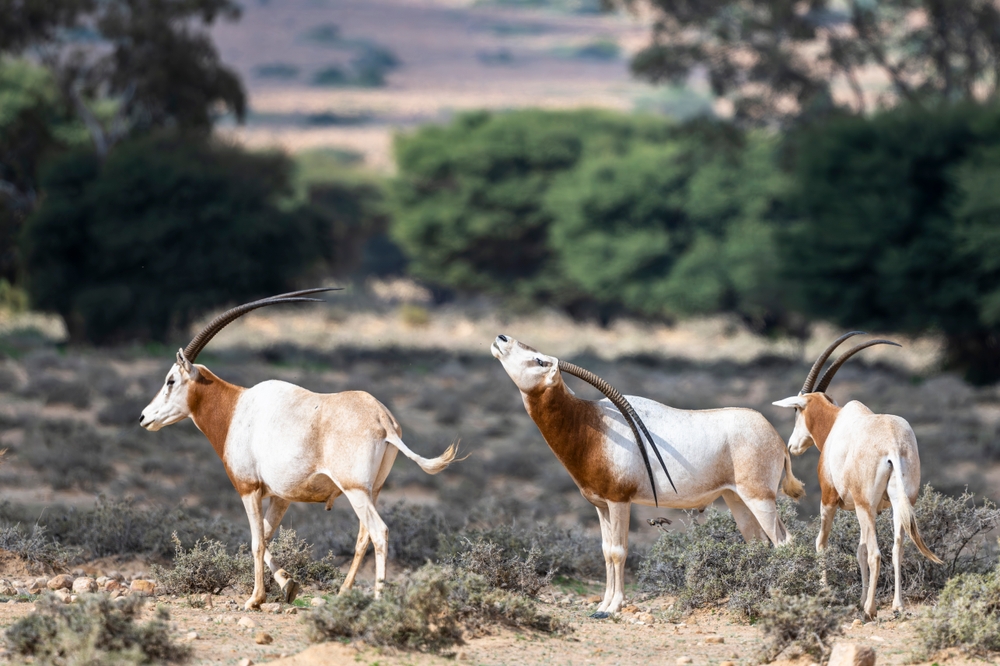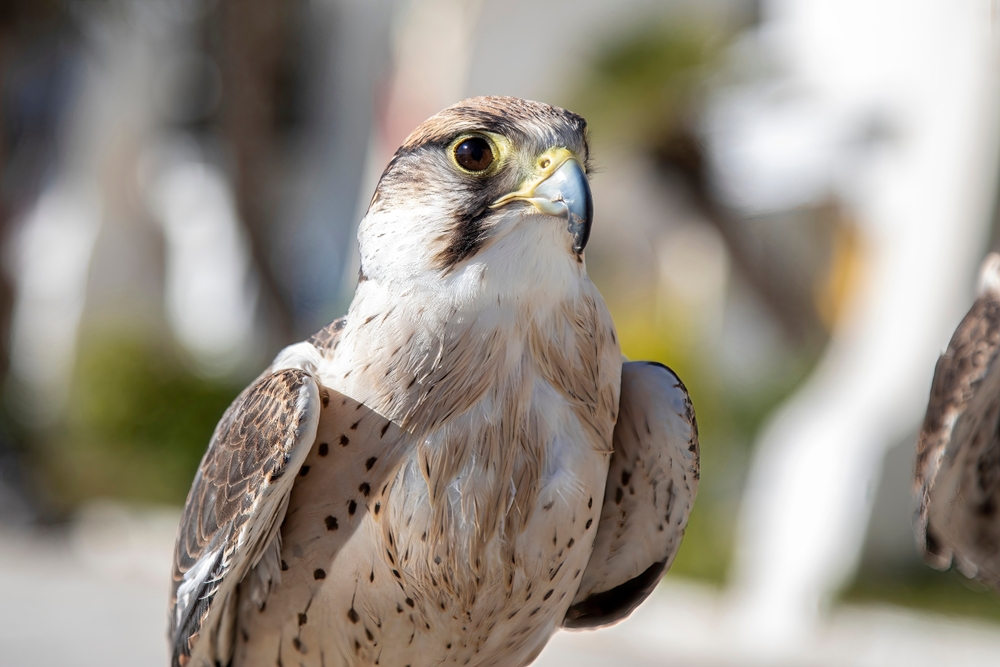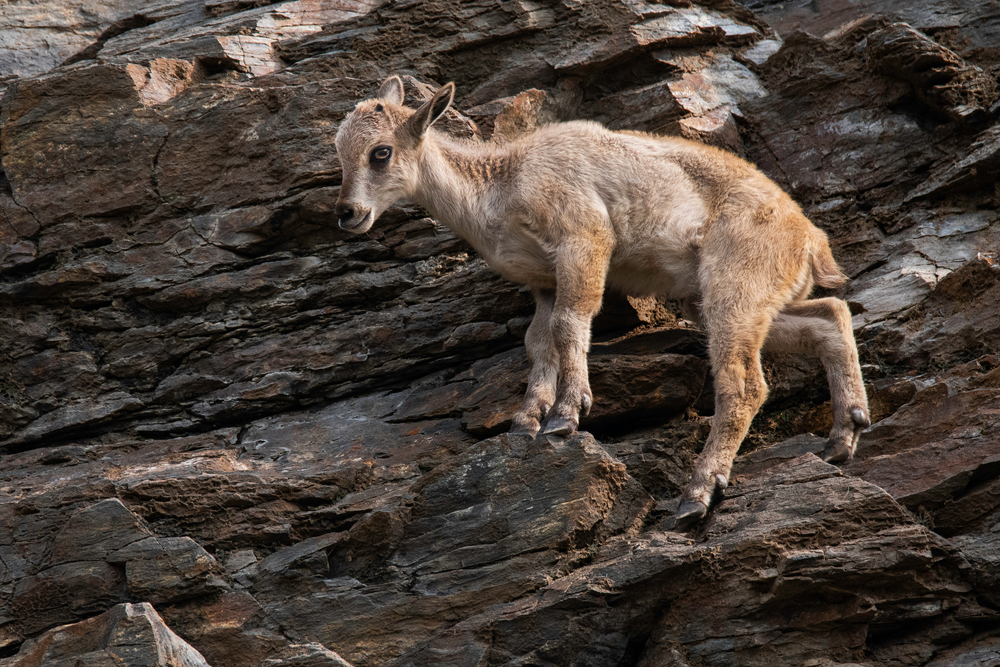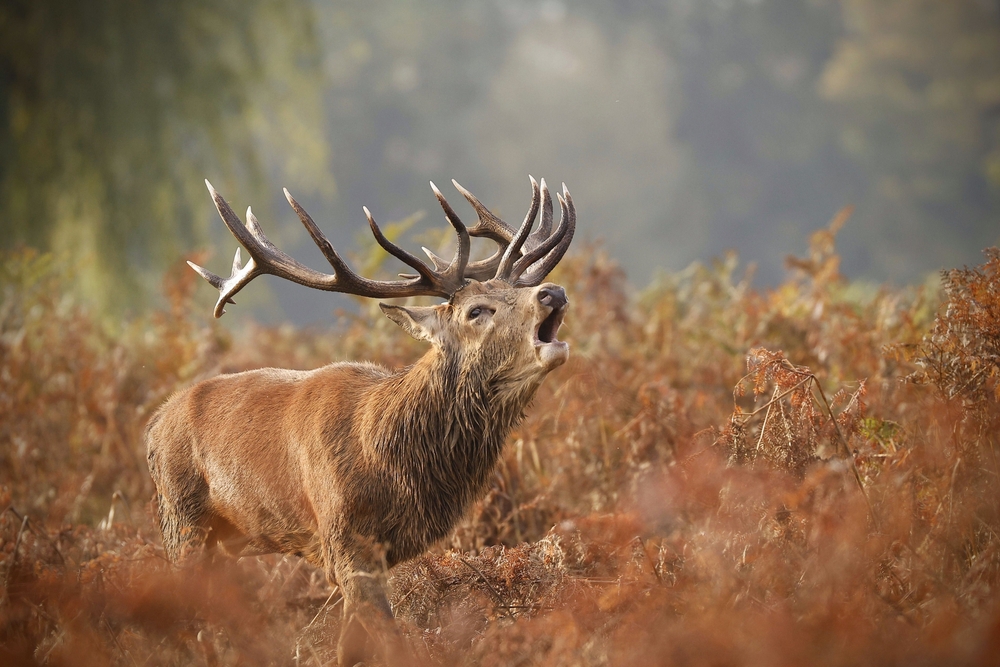Ichkeul Overview
Ichkeul National Park, locally known as Parc National de l’Ichkeul, is one of Tunisia’s most treasured natural reserves and a UNESCO World Heritage Site. Located in the northern region of the country near the city of Bizerte, the park spans an area of approximately 12,600 hectares (48.6 square miles). At its heart lies Lake Ichkeul, a vital freshwater lake surrounded by marshes, wetlands, and rolling hills. The park’s significance extends beyond its stunning scenery, serving as a critical stopover for migratory birds traveling between Europe and Africa.
The park is dominated by the serene expanse of Lake Ichkeul, the last remaining lake in a chain of lakes that once extended across North Africa. The lake’s dynamic ecosystem is supported by seasonal inflows of freshwater, which balance its brackish waters and sustain its rich biodiversity. Jebel Ichkeul, the park’s highest point at 511 meters (1,677 feet), provides panoramic views of the lake and surrounding wetlands, offering a haven for hikers and nature enthusiasts.
Ichkeul National Park is renowned for its avian population, making it a global hotspot for birdwatching. During migration seasons, the park hosts an extraordinary array of bird species, including flamingos, white storks, ducks, and geese. The wetlands serve as a critical wintering ground, accommodating hundreds of thousands of migratory birds. Raptors such as the marsh harrier and osprey add to the diversity, creating a spectacular display for visitors.
The park’s terrestrial fauna is equally remarkable. Mammals such as wild boars, jackals, and red foxes roam the wetlands and surrounding hills. Reptiles, including tortoises and lizards, thrive in the warm, marshy environment. Lake Ichkeul itself is home to various fish species that sustain both wildlife and local communities.
The flora of Ichkeul National Park is a testament to its Mediterranean climate and unique hydrological conditions. The wetlands are characterized by vast beds of reeds and rushes, while the surrounding hills feature mastic trees, oleanders, and aromatic shrubs. Seasonal blooms of wildflowers, including irises and poppies, add vibrant splashes of color to the landscape.
Ichkeul National Park is also a beacon of conservation efforts in Tunisia. The park’s inclusion in the Ramsar Convention underscores its importance as a wetland of international significance. However, challenges such as water diversion and habitat degradation have threatened its delicate ecosystems. In response, conservation initiatives have focused on restoring water flows, protecting migratory bird populations, and engaging local communities in sustainable tourism practices.
Visitors to Ichkeul National Park can enjoy a variety of activities, from birdwatching and hiking to guided tours that explore its unique ecosystems. The Jebel Ichkeul trails are particularly popular, offering opportunities to observe wildlife and enjoy breathtaking views of the lake. The park’s peaceful ambiance and accessibility make it an ideal destination for eco-tourists and nature lovers.
In summary, Ichkeul National Park is a jewel of Tunisia’s natural heritage, celebrated for its ecological significance and breathtaking beauty. Its wetlands, migratory birds, and conservation success story make it a must-visit destination for travelers seeking an immersive experience in nature.

